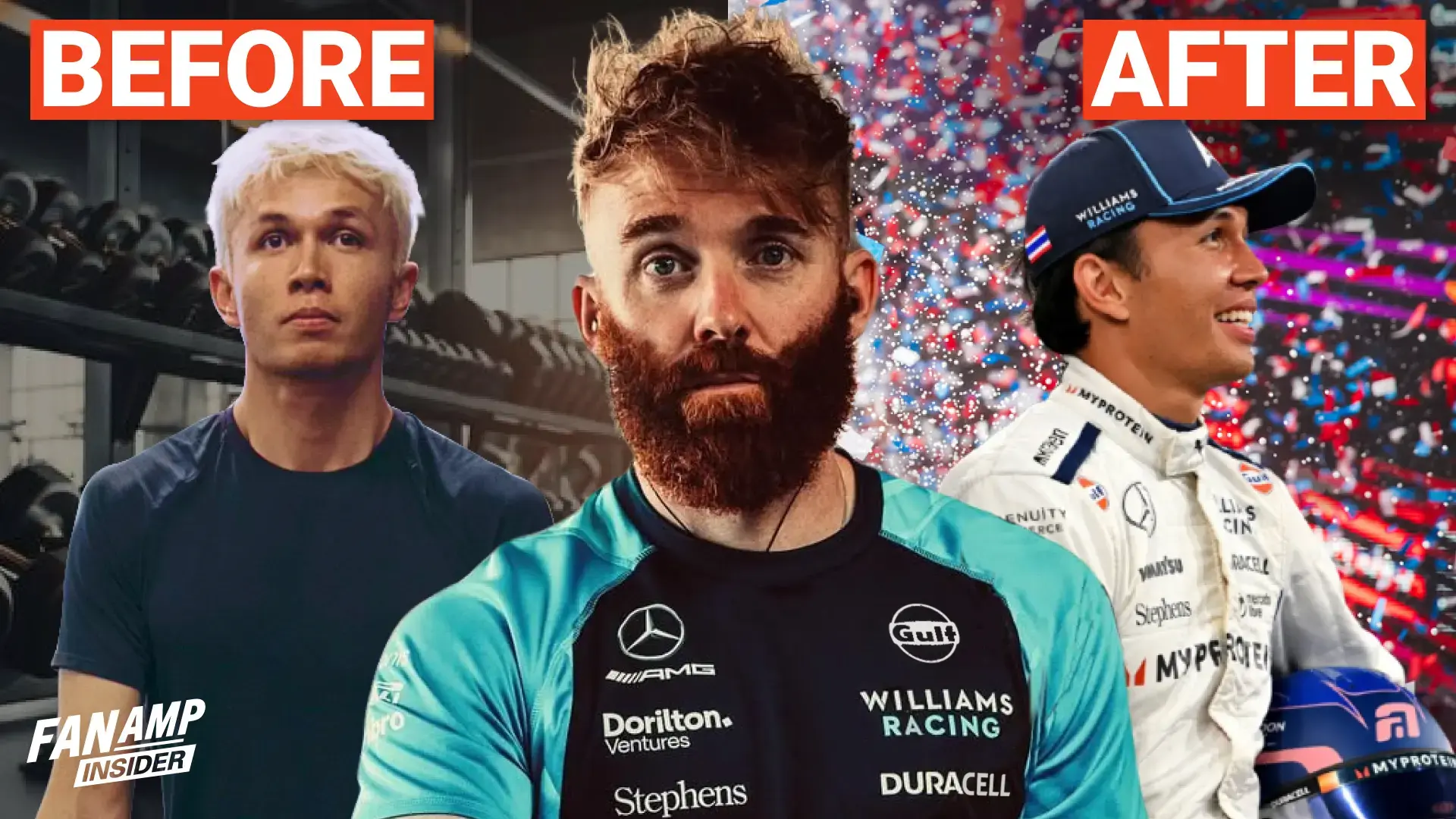Ever wonder what it's like covering stories at the heart of motorsports? Víctor Galván, known to many as McCoy, has spent 28 years doing just that, reporting the inside scoop from Mexico and beyond.
Position: Director of Infopits.mx
Time in Industry: 28 Years
His Role in One Sentence: I am a motorsport journalist. I try to inform people who don’t hear what's happened by just giving them the facts, not embellishing. It's the things that I'd want them to know.
Víctor's start in motorsports
#1. How did you get into motorsports and what was your early career like?
My name is Víctor Galván Juárez. Everyone calls me McCoy. For 43 years they’ve called me McCoy and I don't know why. I am the Director of Infopits.mx. It's a Mexican website that we founded 23 years ago.
Before that, I started working in this industry in 1997 in El Economista. It's a Mexican newspaper, economics, but I worked in the sports section.
And well, I have been in motorsports since I remember because my father was a friend of Ricardo and Pedro Rodriguez, the Mexican drivers, and together they founded the magazine, Meta, Revista Meta. And well, since I remember, I have been here in motorsports.
#2. What was the first moment you discovered motorsports?
Whoa, that's a tough one. The moment was at the Autodromo Hermanos Rodriguez in Mexico City. I was a very young kid and my mom held my hand and we were walking in the pit lane. In the pit lane, you hear that? When a race was happening. I think it was a Formula 4 race.
It was very dangerous because families at that time could cross the pit lane to a rail that was between the pits and the track. There is a place where the families watch the race. So the first memory I have is walking with my mom. And I guess my dad was working in the media center. I don't remember that. But I was, I don't know, three, four years old.
#3. What was the point in your life when you decided that this was the career you wanted to pursue?
Well, I didn’t decide. I'm also a baseball journalist. I work in el periódico La Crónica, the Chronicle newspaper in Mexico City. I cover baseball. And every time I went to the newspaper, and said, "OK, I'm a baseball reporter." They always said "No, we have a race this weekend. Please go cover that race." And because of that, I've been there every weekend.
Because I know the languages, I know the drivers, I know the teams... So the boss of the newspapers said, "You gotta go because you know everything there."
I said I don't want to. I want to be a baseball reporter. And they said, "No, if you want to go cover baseball, then you first have to go cover the races, write about motorsport, and after that, you can go to the park."
And I thought, Ok, if I need to pay my dues in that way, then I’ll go to the races, and so I started doing that every week, growing my knowledge about the Mexican series, the drivers, the teams, and I don't even remember when I started loving, not as a fan, not as a son of a former journalist. No, I started loving, legit love of this sport. I don't remember when. It was so natural.
#4. What was your first step towards this as a career?
I started very young. I started at university because I worked in the newspaper and with the money they paid me, I paid for university. So if I wanted to go to university, I had to work, so the sports career and the motorsport journalists was more like a step to pay my university.
Greg: So it only clicked later when you had been in the space long enough.
Exactly. When I was in my last year of university, I had my first big coverage in 1998. 1998, 1999, I don't remember. I had to cover Adrian Fernández in Elkhart Lake in North America. And that was the moment when I realized, oh, I like this so much, because I had the opportunity to travel to other race tracks. And I had the opportunity to, in that year, I do my first English interview.
That was so hard for me because my first language is Spanish. And now you listen to me and can understand that my English is not the best. And I know that too, but in that year, I had the opportunity to interview Michael Andretti in Elkhart Lake and he was my first interview I ever conducted in English.
Greg: What was that like?
I was so afraid so I looked for a friend who could speak English because I needed his help for the interview. So I had my recording machine, because at that time we used our recording machines, in front of Michael. And I thought, what the hell? I have to ask the question. So I thought in Spanish, translated in my head to English, and after that, I just threw it out there. I remember I said, “Michael, sorry. I know my English is terrible.” And Michael was so nice because he said, “It's better than my Spanish.”
So when Michael said that, I thought, ok, he’s a nice guy. And I can make a mistake and that's the moment I thought that I’d like to be a pro in motorsports.
Víctor's current role
#5. What is your current role and how would you describe it in a sentence?
I am a motorsport journalist. I try to inform people who don’t hear what's happened by just giving them the facts, not embellishing. It's the things that I'd want them to know.
#6. What does your day consist of when you're at the track?
I don't like one particular thing in motorsports.
We wake up so early. And especially here in Indianapolis Motor Speedway, because a lot of people come and there's lines for the parking and the entrance, because it’s so huge. So we need to get here at 4:30AM - 5:00AM and I don't like that part.
The day starts the day before when I'm looking at my notes and I'm studying my notes. If I think that Alex Palou is going to be the most important driver because it’s a qualifying day and I want to see that guy and start studying the previous days and the previous sessions. I’m using this example because we’re in Indy, but it goes for Formula 1 too if, say, Charles Leclerc is looking strong, then I do my prep for the race day and it always starts the day before.
I know in my mind that I’ll want to write this article or this story about Leclerc, about Checo, about Pato, about Palou. So when I come to the racetrack, I always know what I want to do, and that's my goal for that day.
But I don't forget about the things that are also happening that day. If Tony Kanaan is right here and he's talking with somebody and he's drinking a coffee and he's free, I think, okay, it's time to do an interview with Tony Kanaan. That doesn’t happen as often, and you have to be adaptable.
You always need a clear idea of what you’re going to do that particular day.
#7. What are the most rewarding and the most challenging aspects of the job for you?
Challenging
The most challenging is to get an answer, from the athletes or from the drivers, or the baseball players, because sometimes they don't want to talk, you know?
When they want to, it's so easy. They are so happy and they start to talk and they tell you all the details. But when they lose, like Pato yesterday, for example, Pato O’Ward, it was so difficult to get a quote that I can publish. So I think the biggest challenge is not from my side or even the conditions or even the race. The biggest challenge is getting a quote from a driver who lost.
Rewarding
The biggest reward, I don't know, I have a lot because I have 28 years of experience. Alex Zanardi, an interview I did in Fontana, California maybe 20 years ago, and was an exclusive.
He told me he was going to race the next year in Champ Car after failing in Formula 1. He said he was going to come back to America and he said, “Víctor, next year I'm gonna race in America.
Greg: What made that so rewarding?
All the other reporters in Mexico City started to quote my interview. I don't remember if I published on Monday or Tuesday, but the rest of the week, all the other reporters and all the other newspapers started to quote me. ‘Víctor Galván from Infopits says this.’
It was so good for me to see my name in another media, and the rival media.
#6. What are the top 3 qualities that enable you to succeed in your role?
Studiousness
Studying, I think, would be the first one. I study all the time.
Persistence
I almost never accept a ‘no’.
Empathy
I think this is the most important one, to be empathetic. I mean, only the person you interview is going to know how they’re really feeling. So if you’re going to do an interview or an exclusive and you’re asking about something that hurts them, don’t do it.
Why would you try to hurt someone with one question? For an exclusive? For a big headline? No, I’m going to try to be empathetic. For example, yesterday with Pato, I asked in a softer way because it’s not necessary to push the limits.
In sports, it's not necessary. Maybe in politics. In politics, you need to do it because a politician needs to use the money of the people, know the sources of the people, and it's the future of a community. But in sports, why?
Víctor's advice
#7. If you could go back, talk to your younger self, and give any advice about your career path to where you are today, is there one thing that you'd go back and say?
Be patient. I would say be patient McCoy. Don't try to rush, don't try to run. Be patient. Everything happens when it’s supposed to happen.
When you are near your 50s, you know that and learn it’s ok to be patient, why run? Even if you run, they're gonna come, so just be patient.
Also, if you have two hours free, spend it with your family. Because in this job, well right now my family, my wife are in Mexico City right now. So it's Monday, you know? It's Monday. The race finished yesterday, today is my free day, but here I am in Indianapolis, so it’s different and if you have two hours, three hours free, spend it with your family, spend it with your friends. Go to see your mom, talk on the phone with one of your friends.
We have very few moments of free time, so use it. But don't use it watching TV. If there are free moments, spend them with your family.
#8. If you could give one piece of advice to someone looking to follow in your footsteps what would that be?
The same thing, be patient. And ask a lot of questions. Ask a lot.
Ask, ask, ask. The worst thing you can do is get a bad answer.
Víctor's career highlights and favorite moments
#9. You've traveled, been to a lot of races, you've met a lot of people. What's your favorite race that you've covered?
This one. The Indy 500. I mean in general, not this specific year, but the Indy 500 is amazing because it's got a lot of legacy and history.
Maybe I could also say the Mexican Grand Prix because it's my home race and I grew up near that racetrack and I have a lot of memories there with my friends. But for that reason, it's like my home, you know? So everybody feels like it’s so special, the Mexican Grand Prix, but to me, it’s so familiar because I’ve lived there since I can remember.
And now, the Mexican baseball stadium is inside the racetrack, so all of the other coverage I do, the baseball coverage, is inside the track.
So outside of the Indy 500 or the Mexican Grand Prix, I went to Monaco when Checo Perez finished in third place and I was there near the podium like two meters beside Checo.
Greg: What was it like being there with Checo for that moment?
Well, it's a weird story because I’ve known Checo since he was a kid. Antonio Perez Garibay, his dad, was a manager of Adrian Fernández. So I knew Checo since he was, I don't know, six or seven years. And I was his first PR and his manager for 10 years. So when I was in Monaco, he saw me when he was on the podium and waved to me.
And I was like, “Please, Checo, don't do that. We are on the podium in Monaco.”
But this race, the Indy 500, has history, legacy, emotion, drama. That's everything, because they're driving 500 miles. Yesterday, we saw Josef Newgarden, who was one of the favorites to win, crying in the pit lane because he had to retire from the race.
#10. If you could interview anyone right now who would you want to speak with?
That's a tough one. Ricardo Rodriguez, the Mexican driver. He broke all the barriers at that time. He was the youngest driver in Formula 1 at that time and was just 19 years old. When Enzo Ferrari watched him drive, he fell in love. And he said, “I want that kid in the Scuderia Ferrari.”
And Enzo Ferrari already had three drivers, but he wanted Ricardo to be the fourth. He made his debut at the Italian Grand Prix in Monza with Ferrari at only 19 years old. He didn’t speak Italian, he didn’t speak English. He started to, because he drove some races in America, and he even had a podium in Le Mans and finished in second place at only 19 or 20 years old. Can you imagine that?
And after that, Pedro, his older brother, went into Formula 1. But the kid who broke the barriers, and who opened the door for all other Mexican drivers, was Ricardo. And he was a friend of my father. So, I’d want to speak with Ricardo.
Want to learn more about other professionals across motorsport series? Then check out all of our Fast Lane interviews, or jump right into one of these:


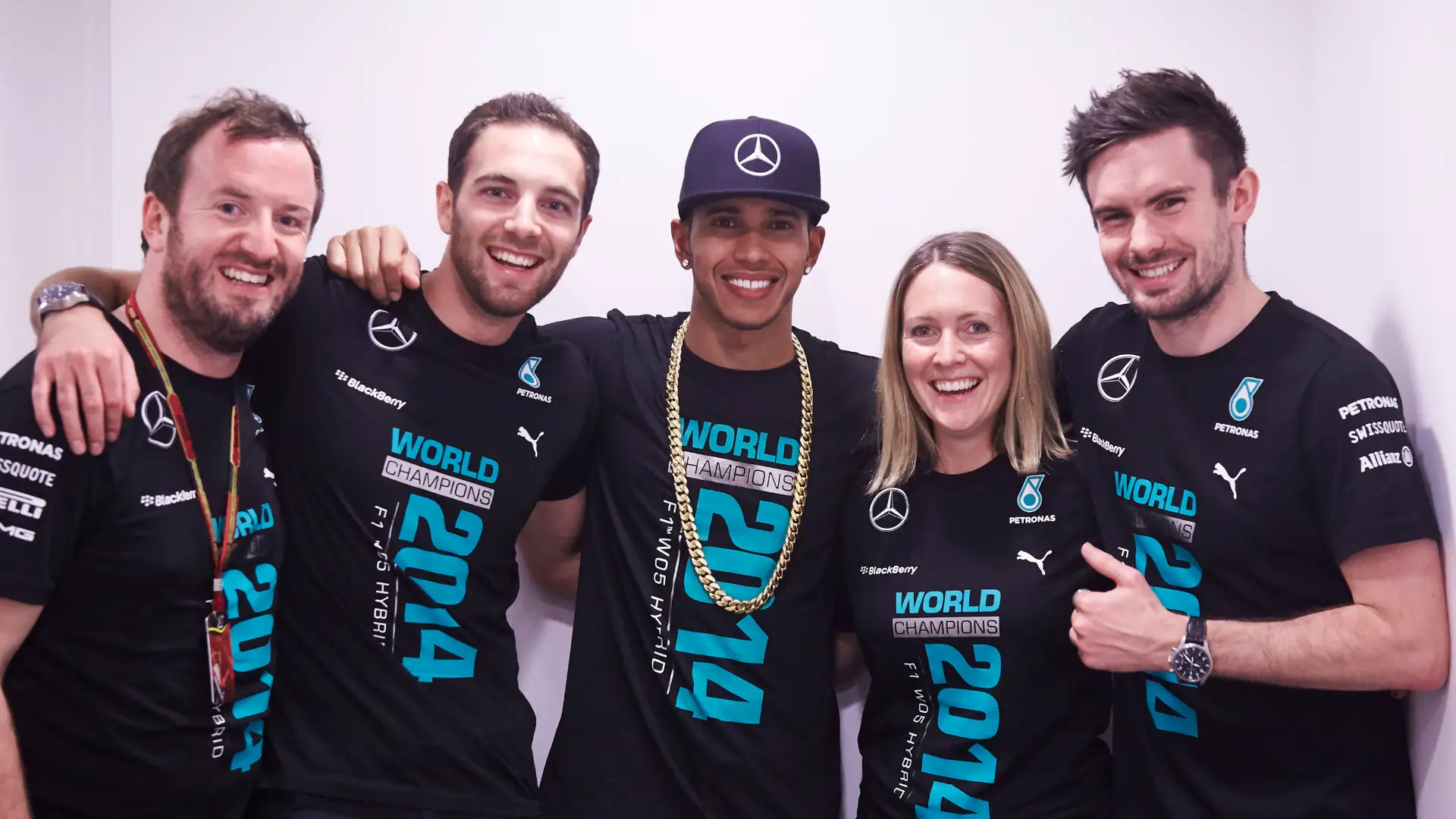
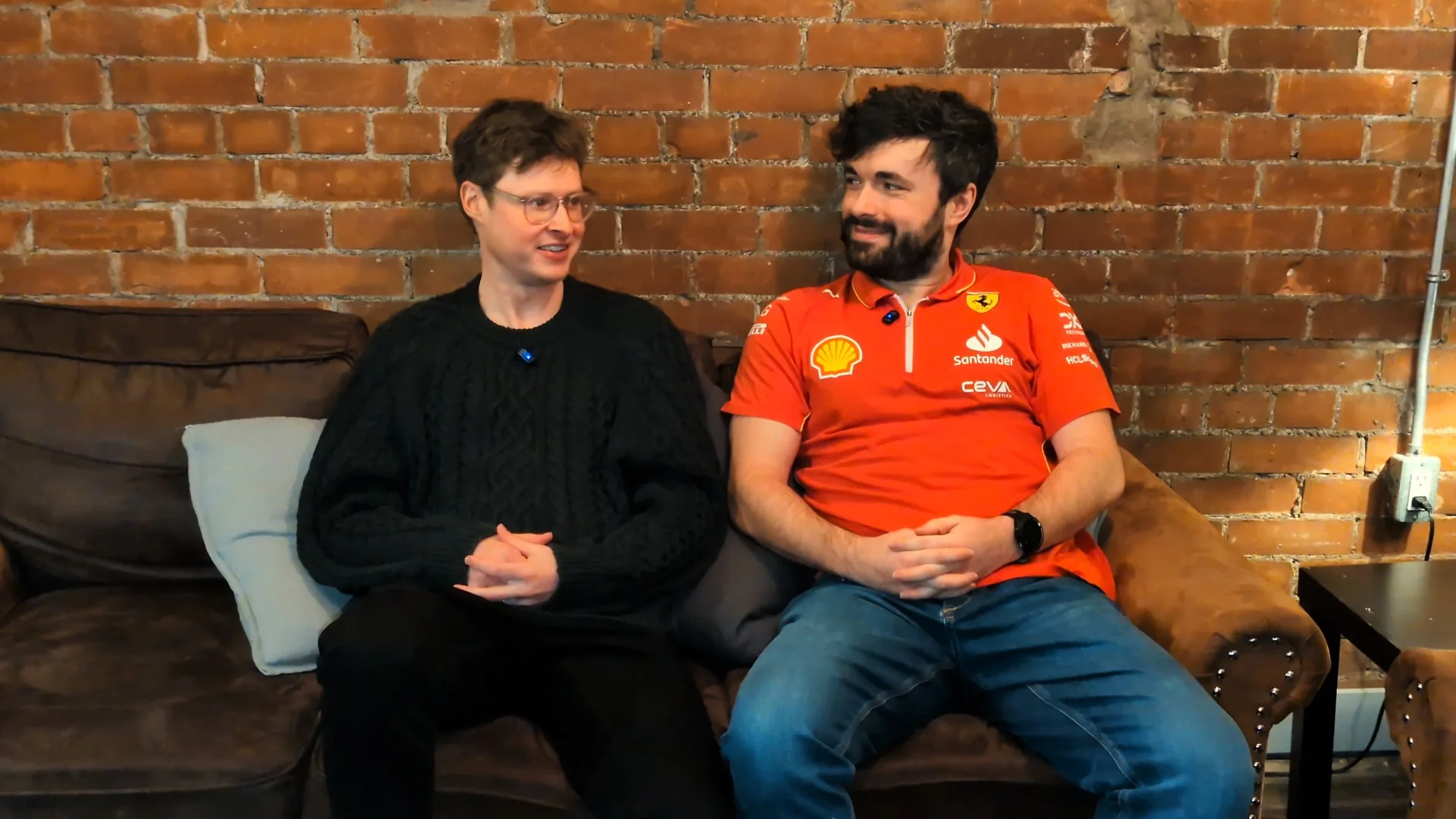
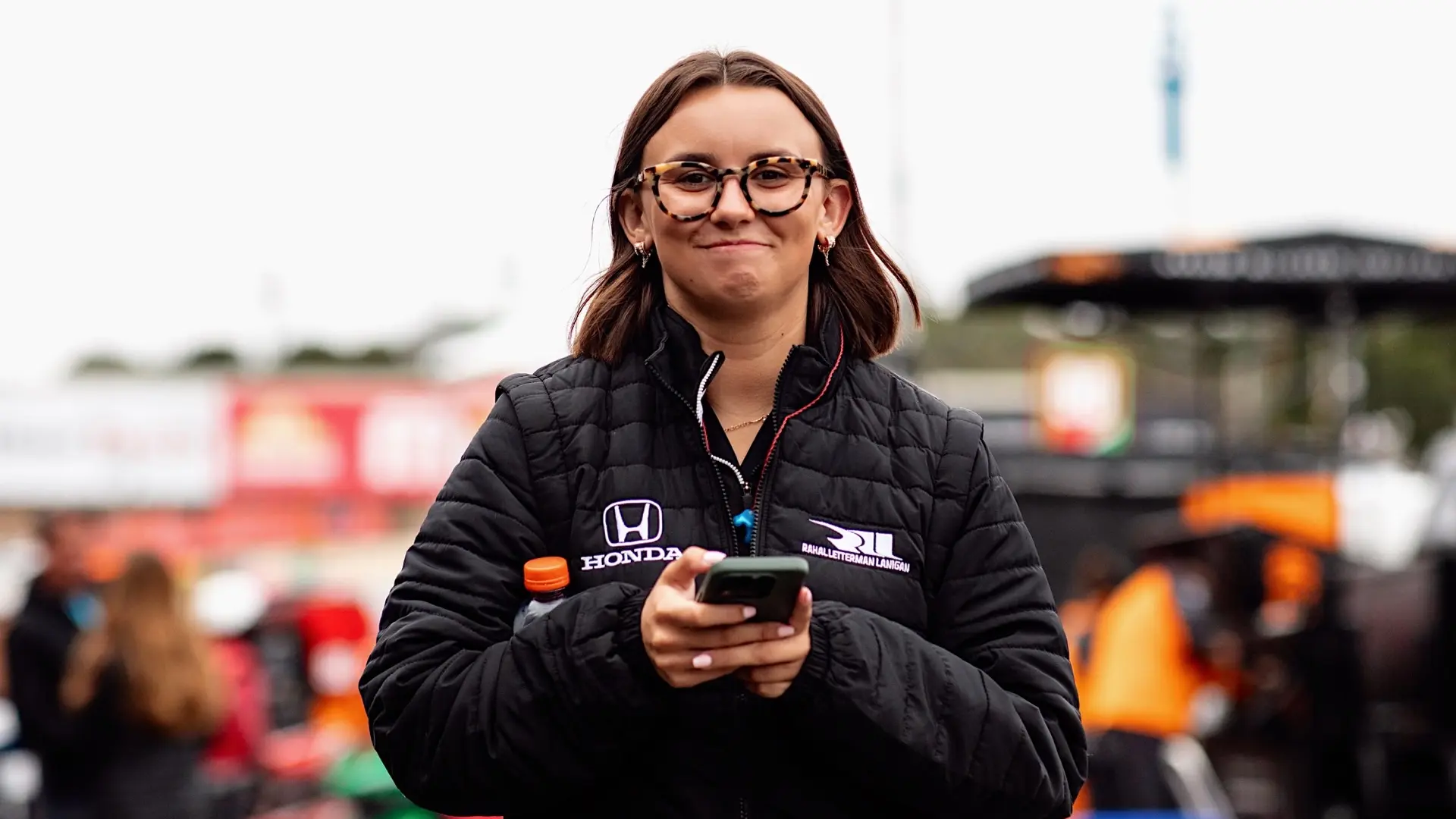

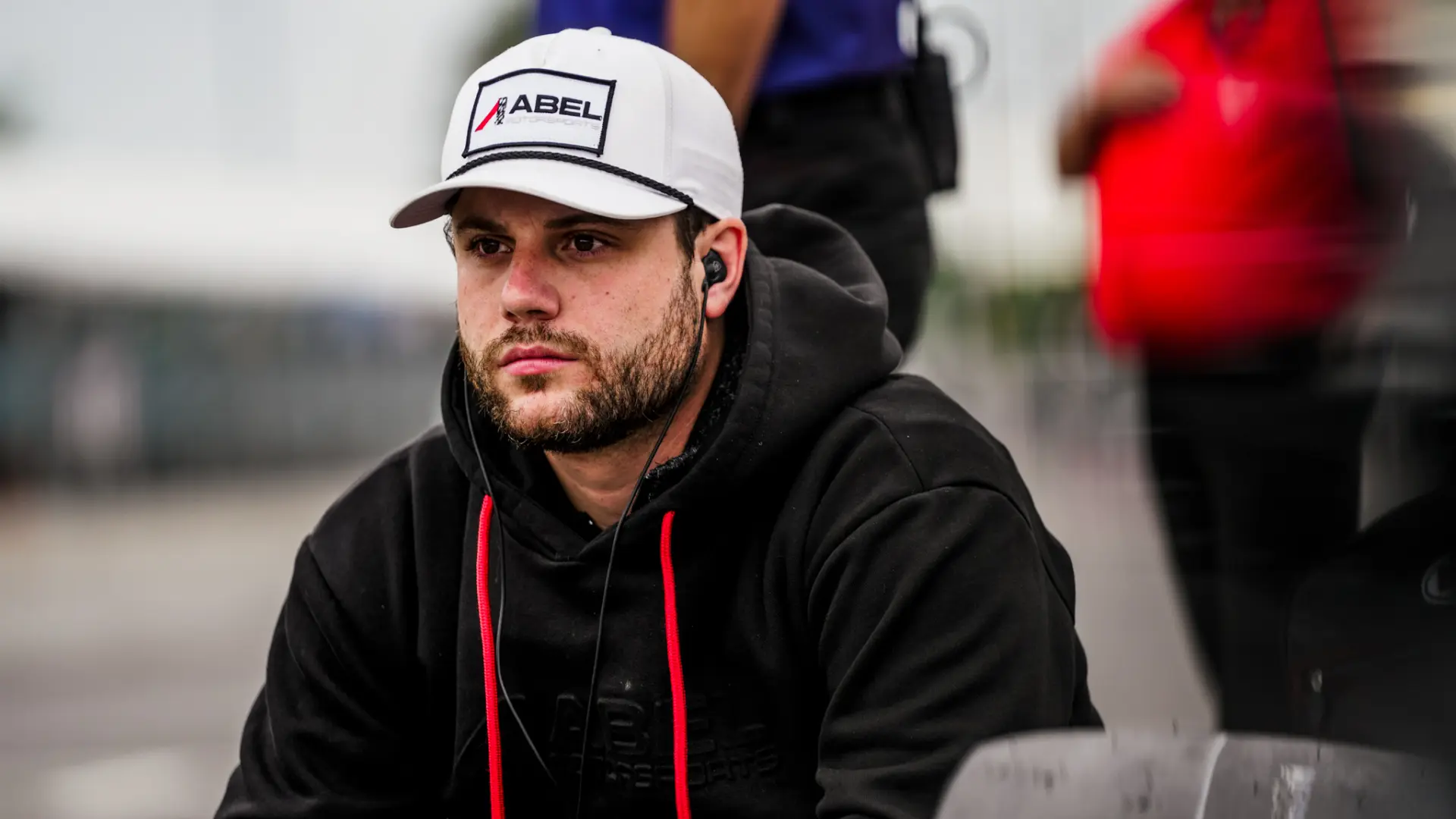

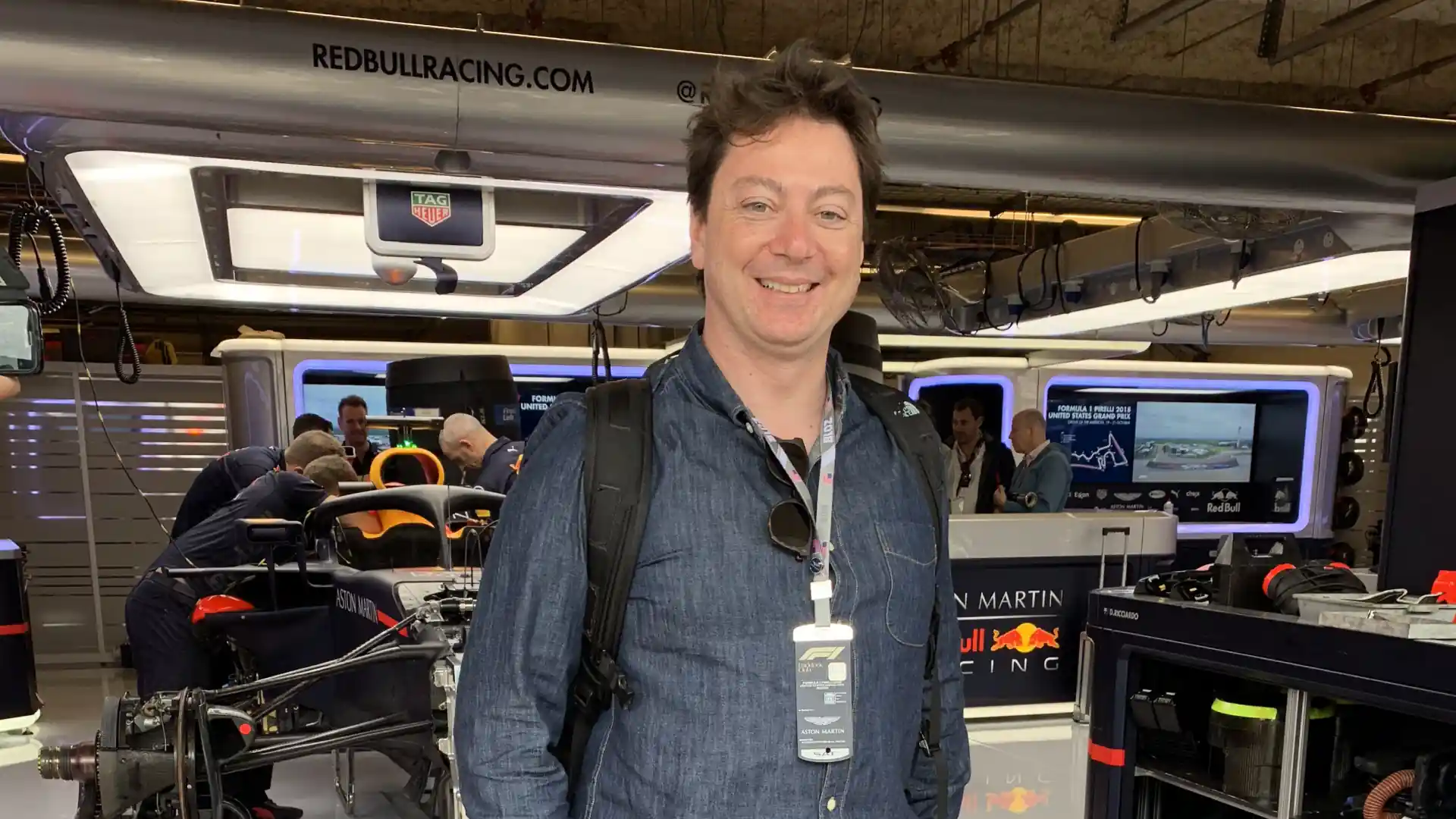
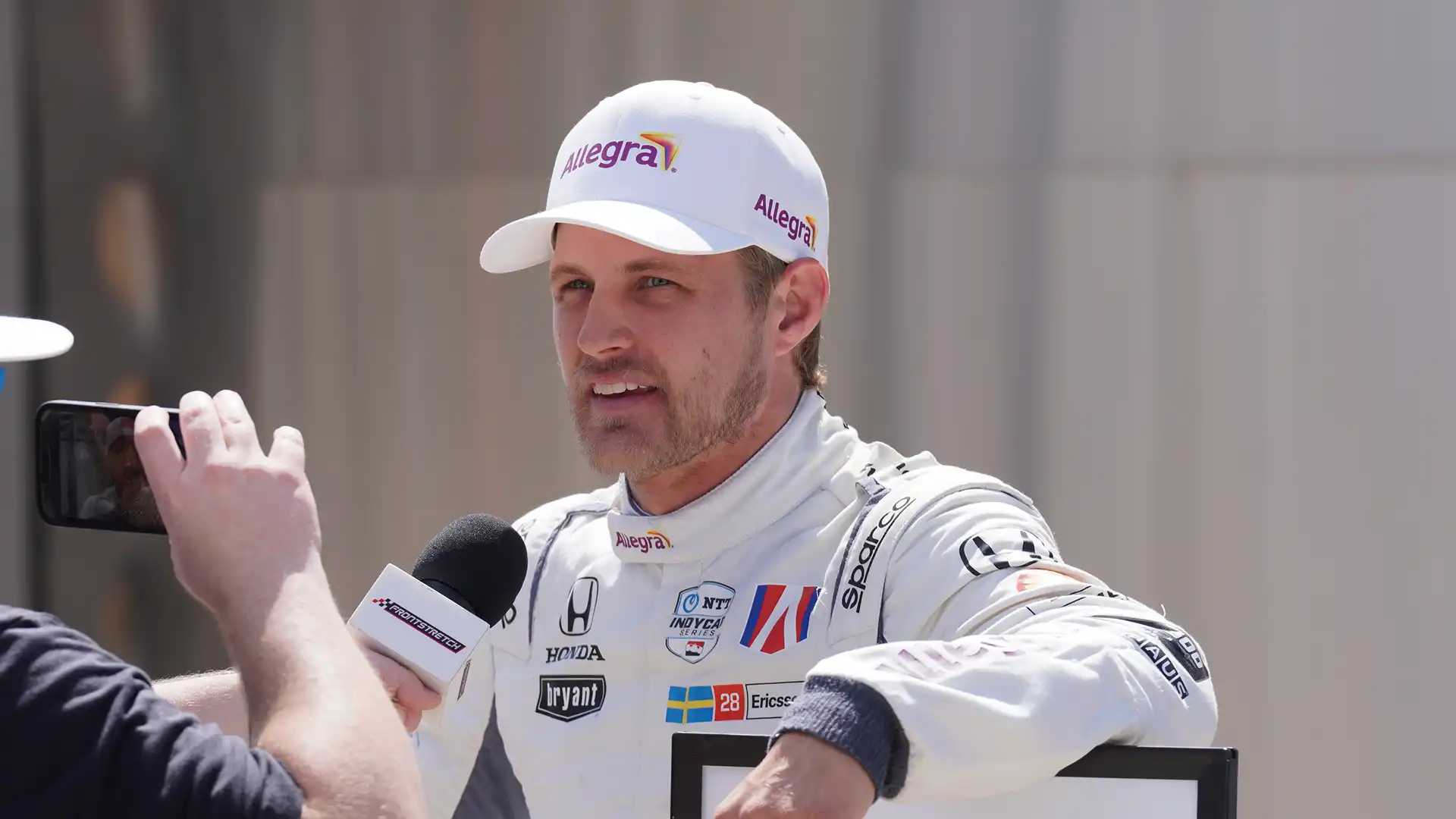
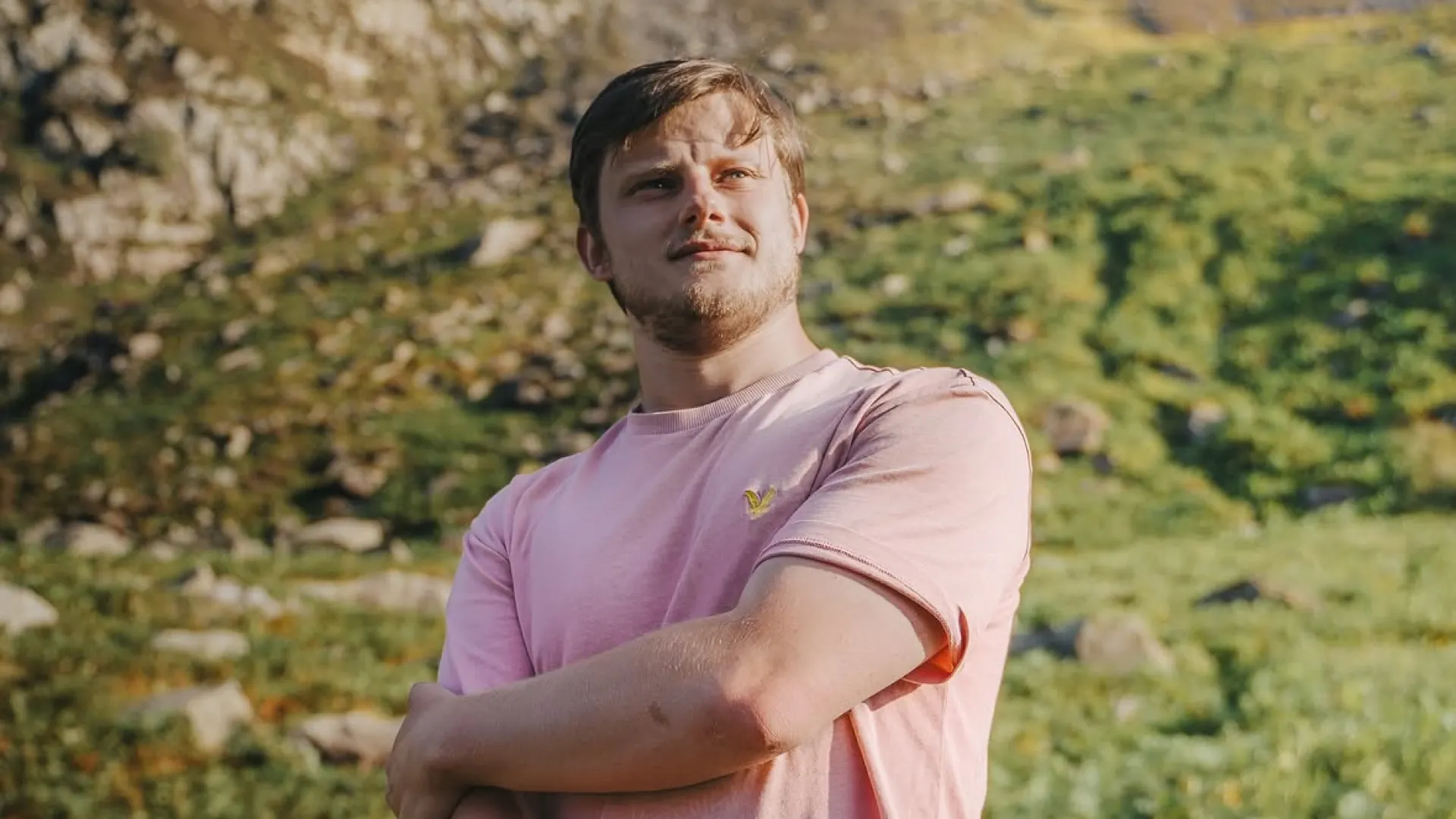
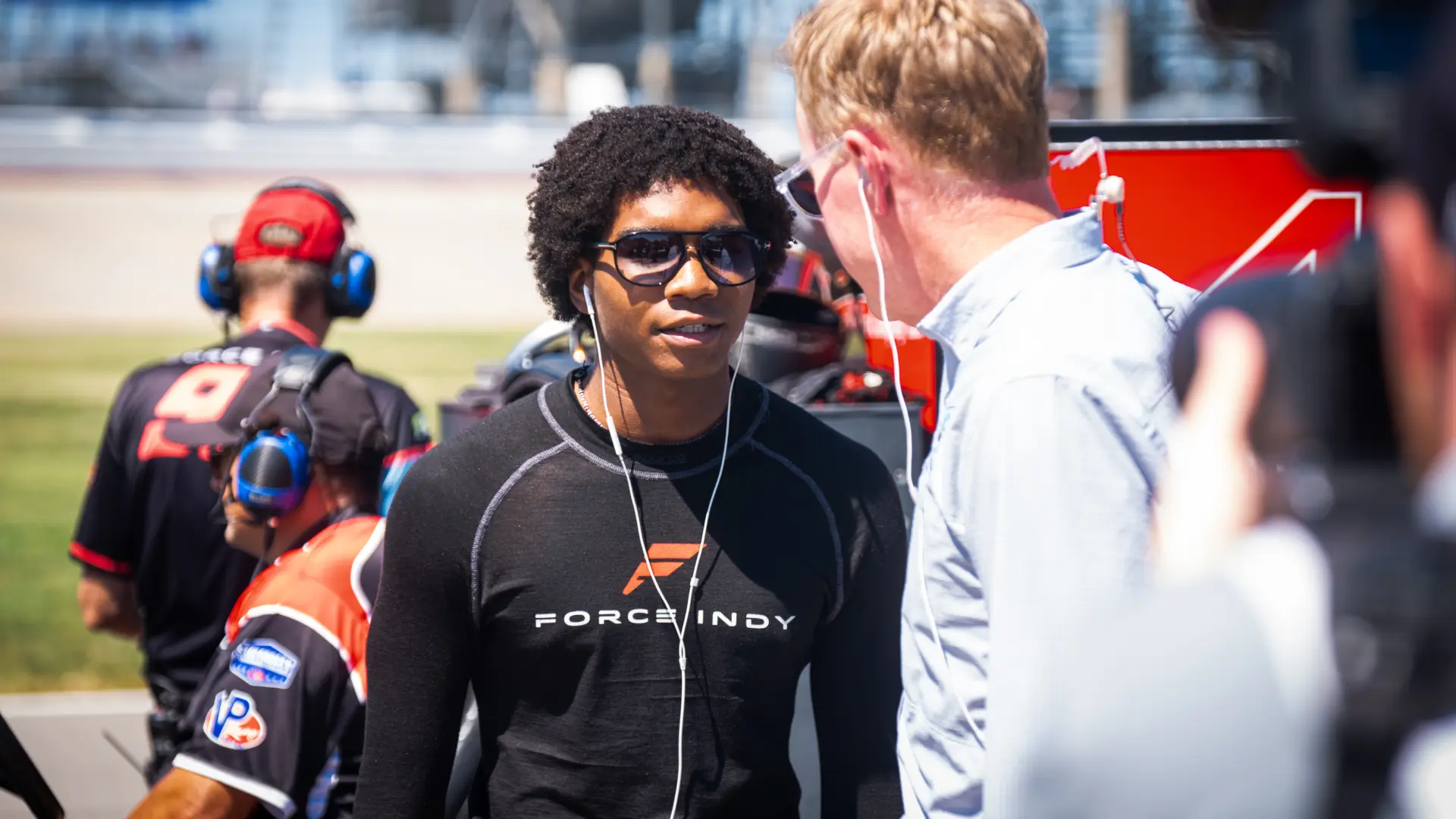
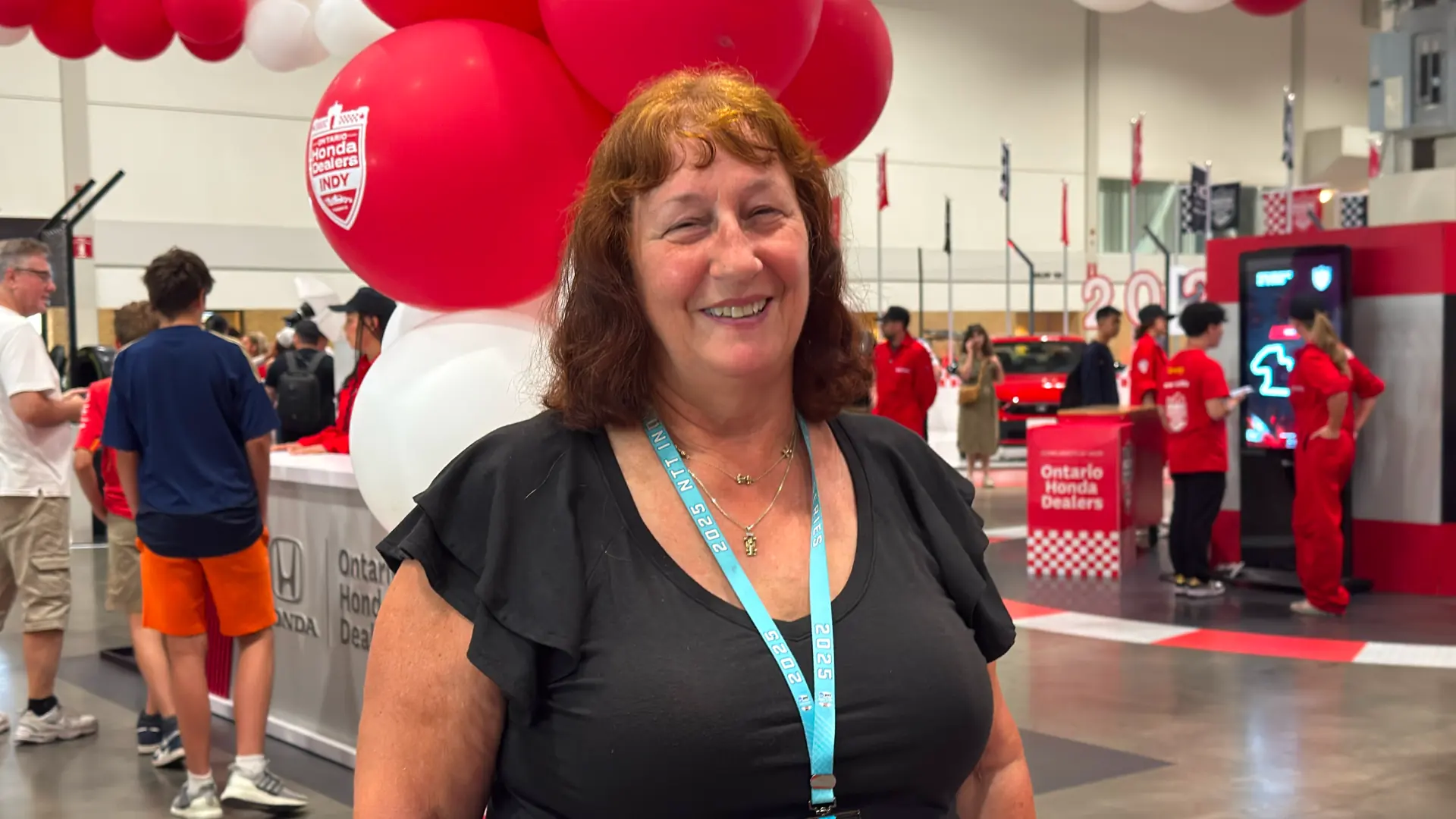
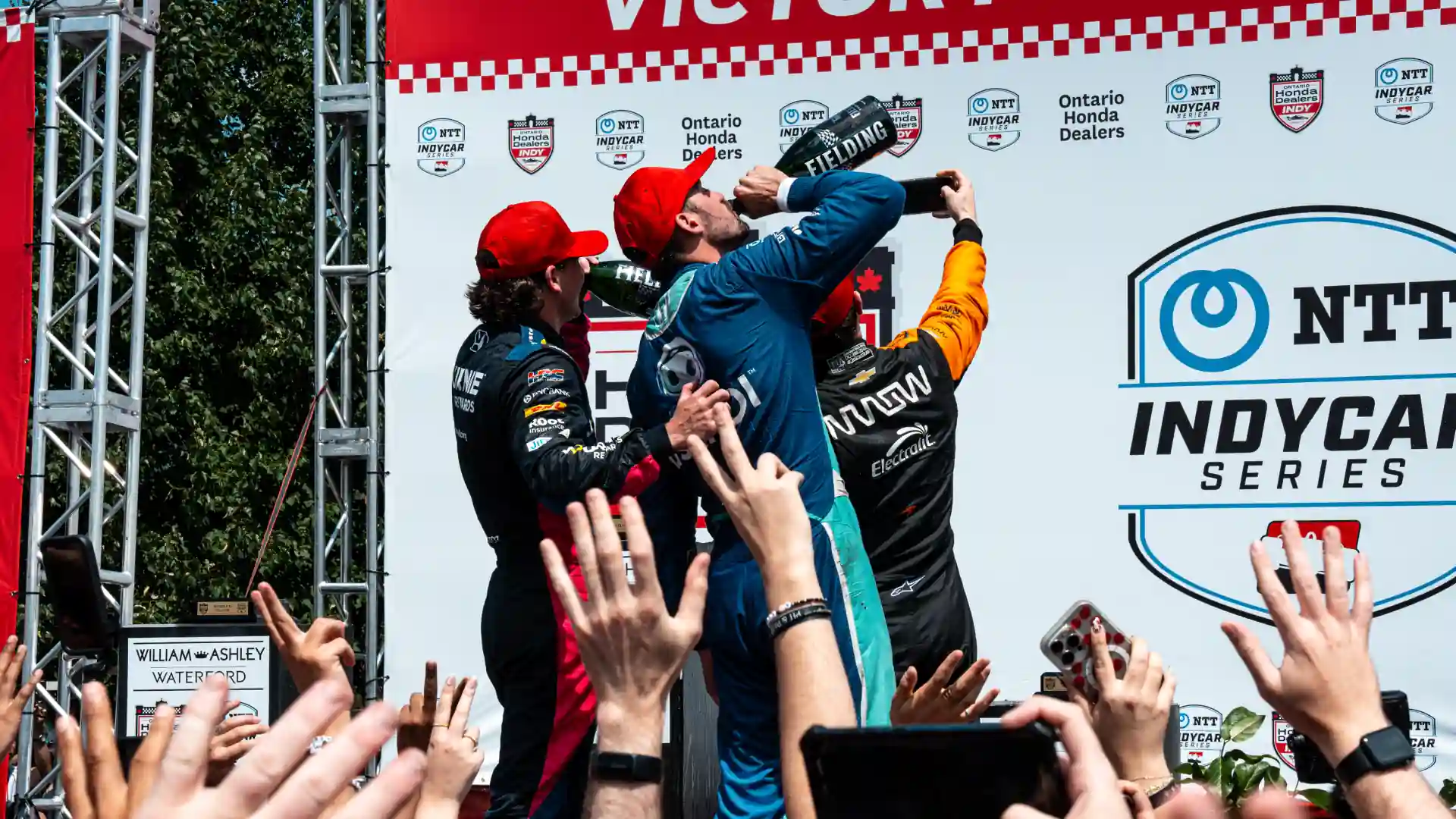
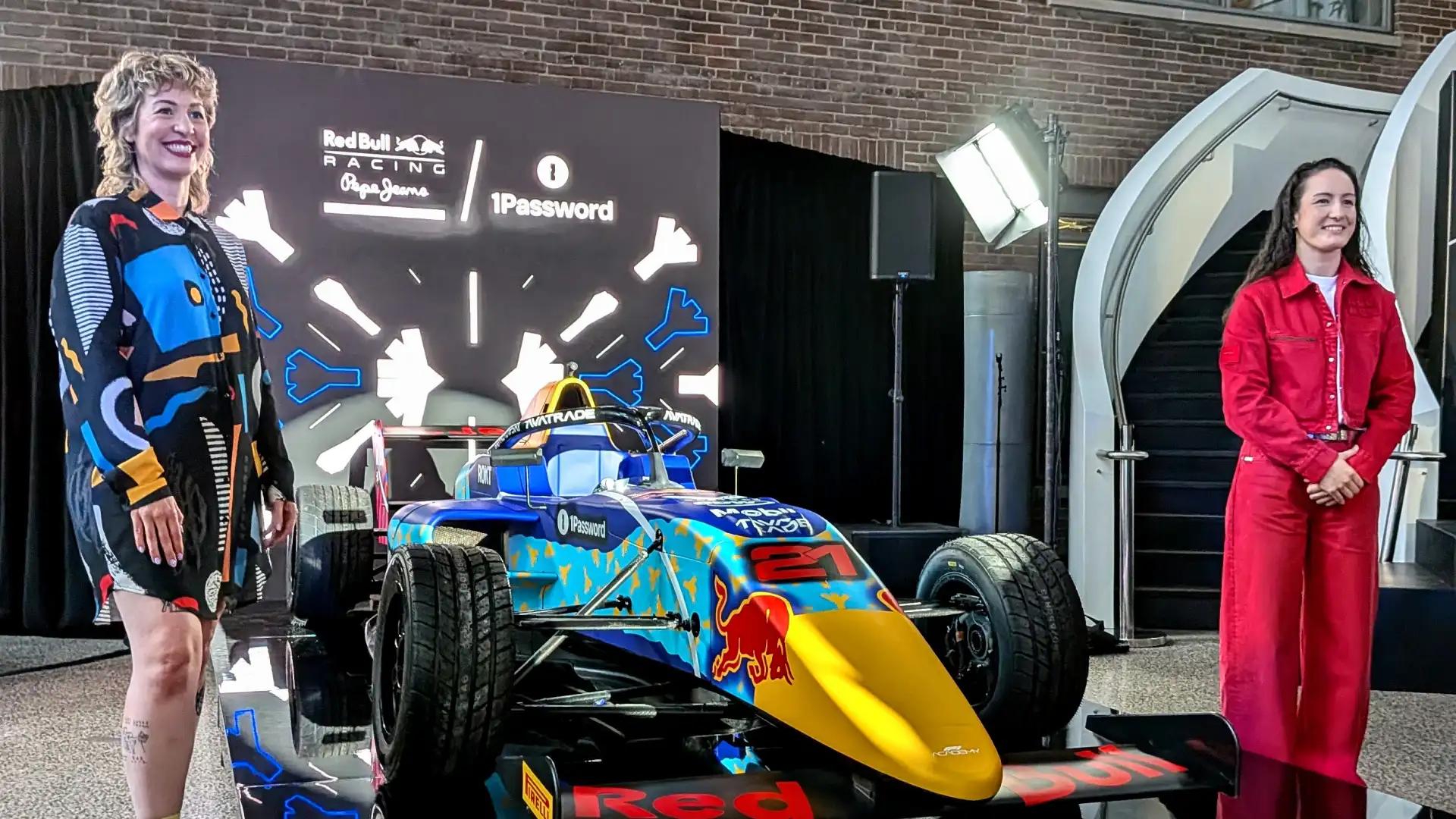
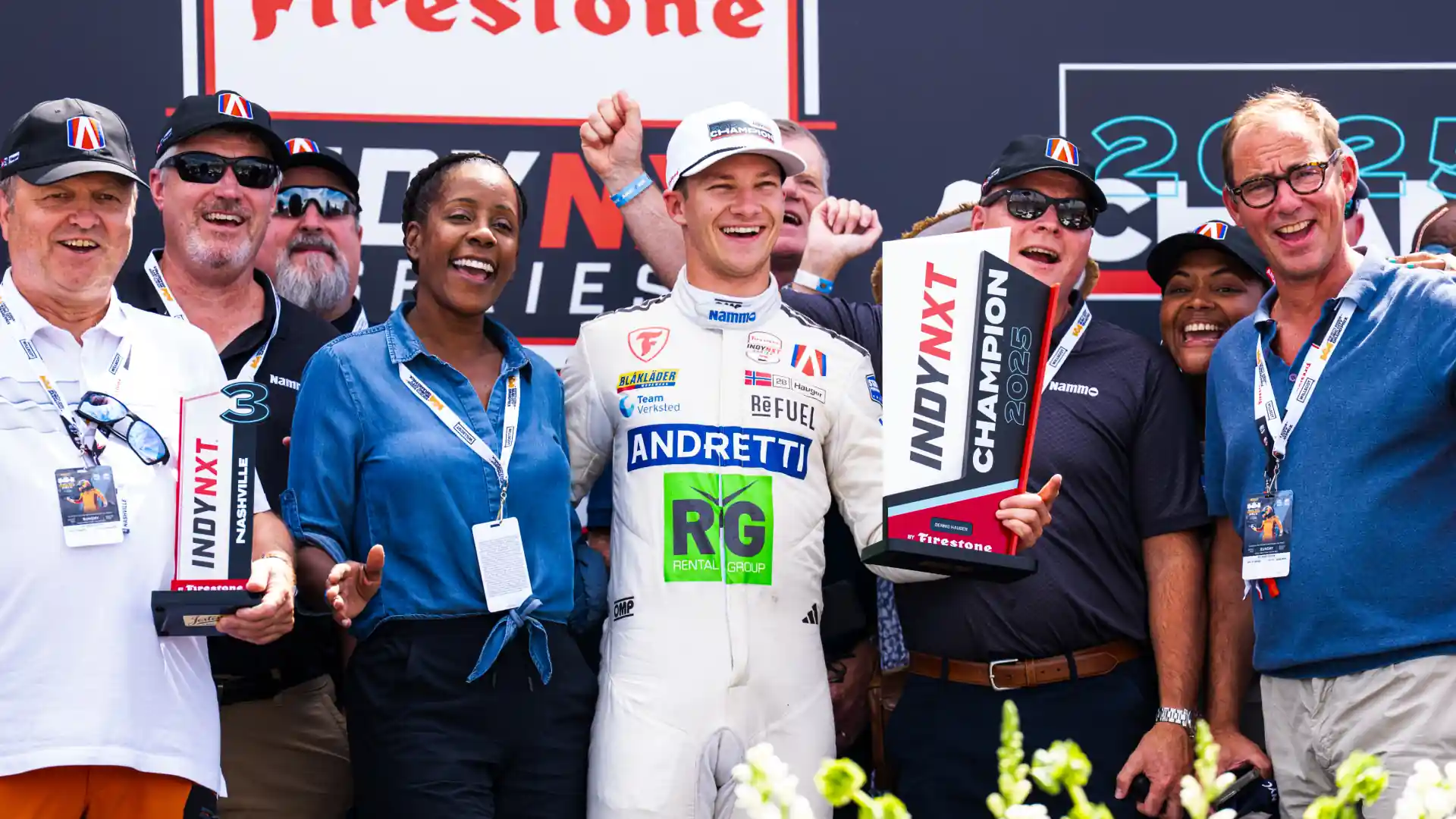
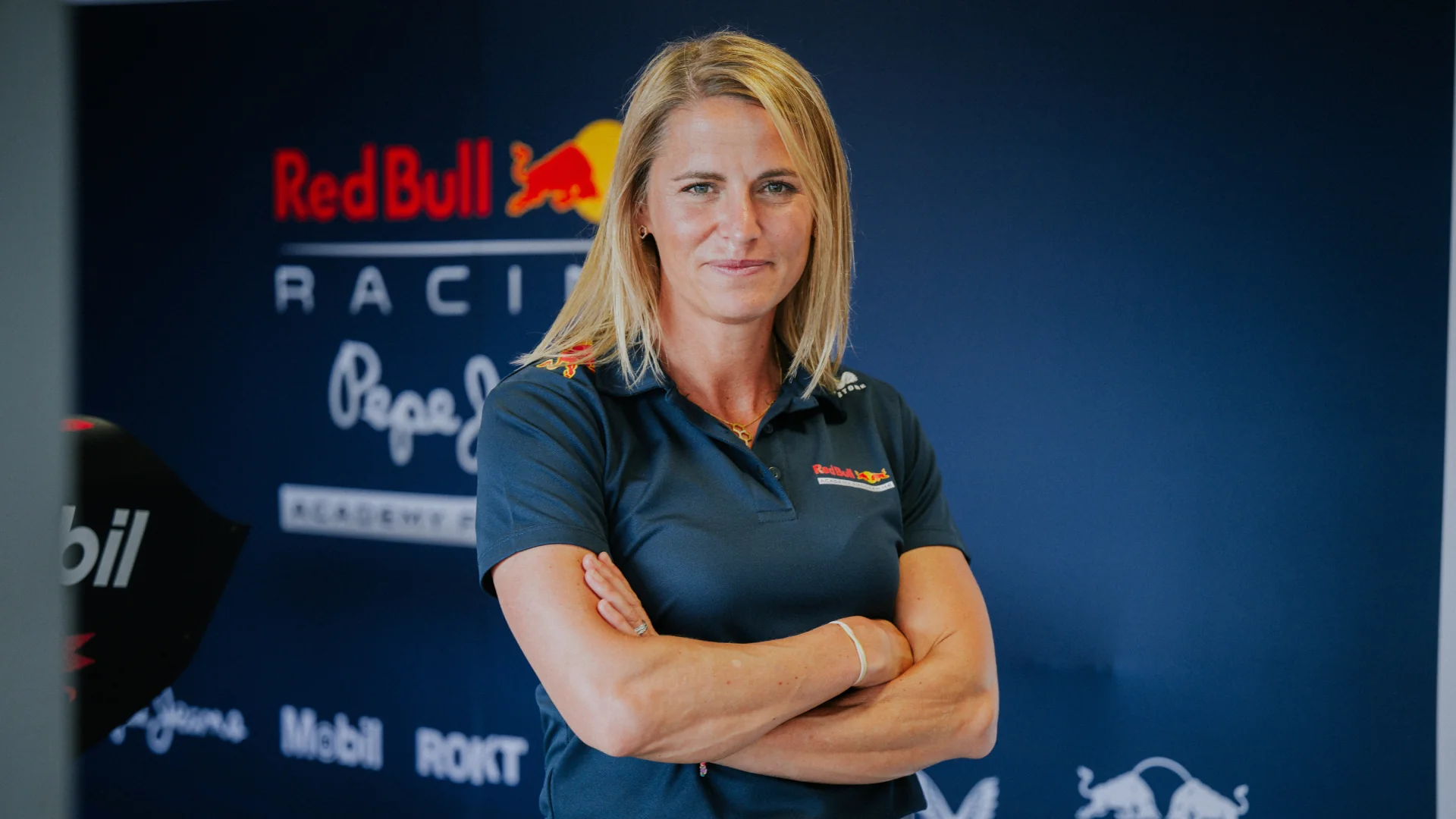
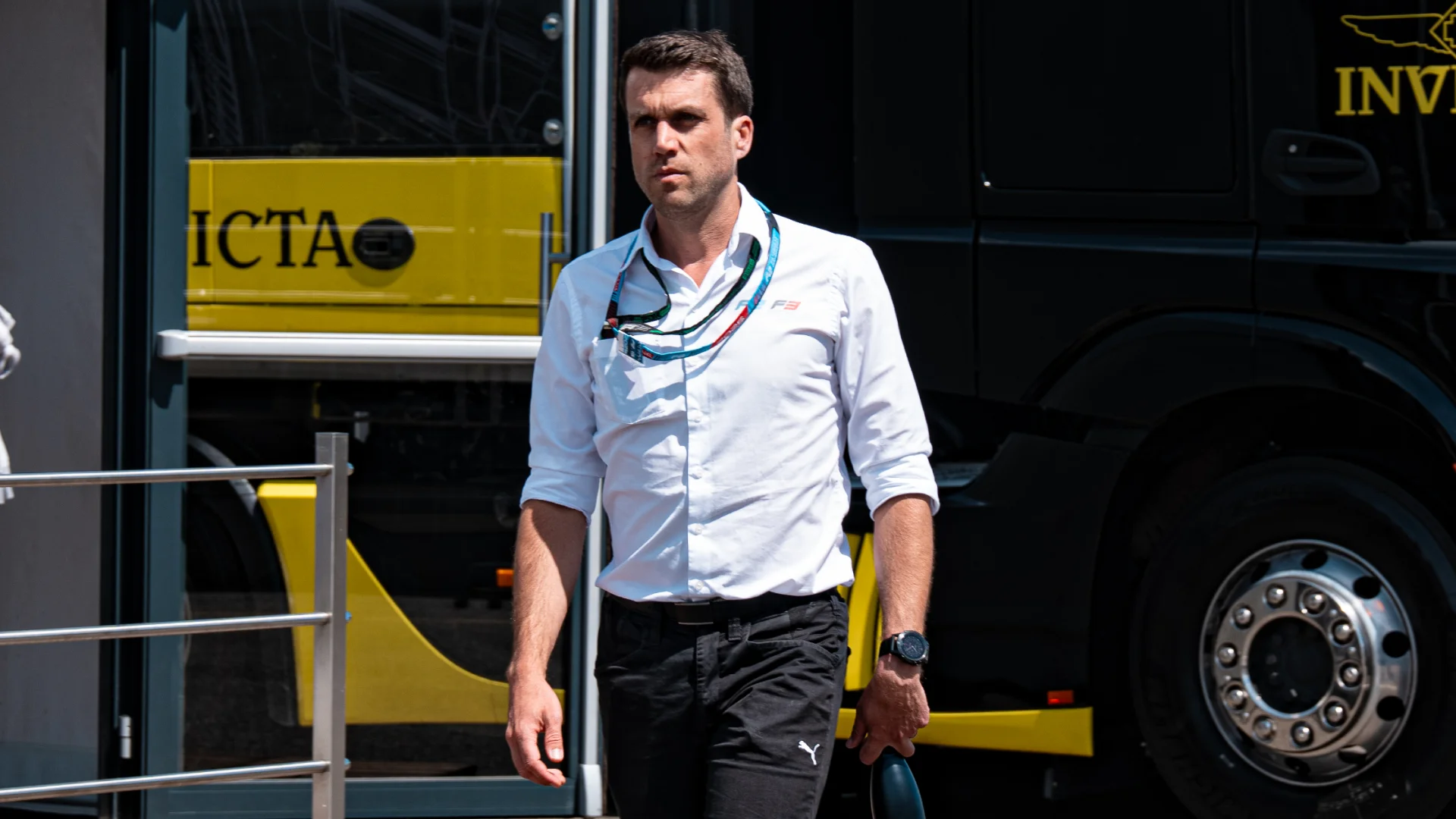

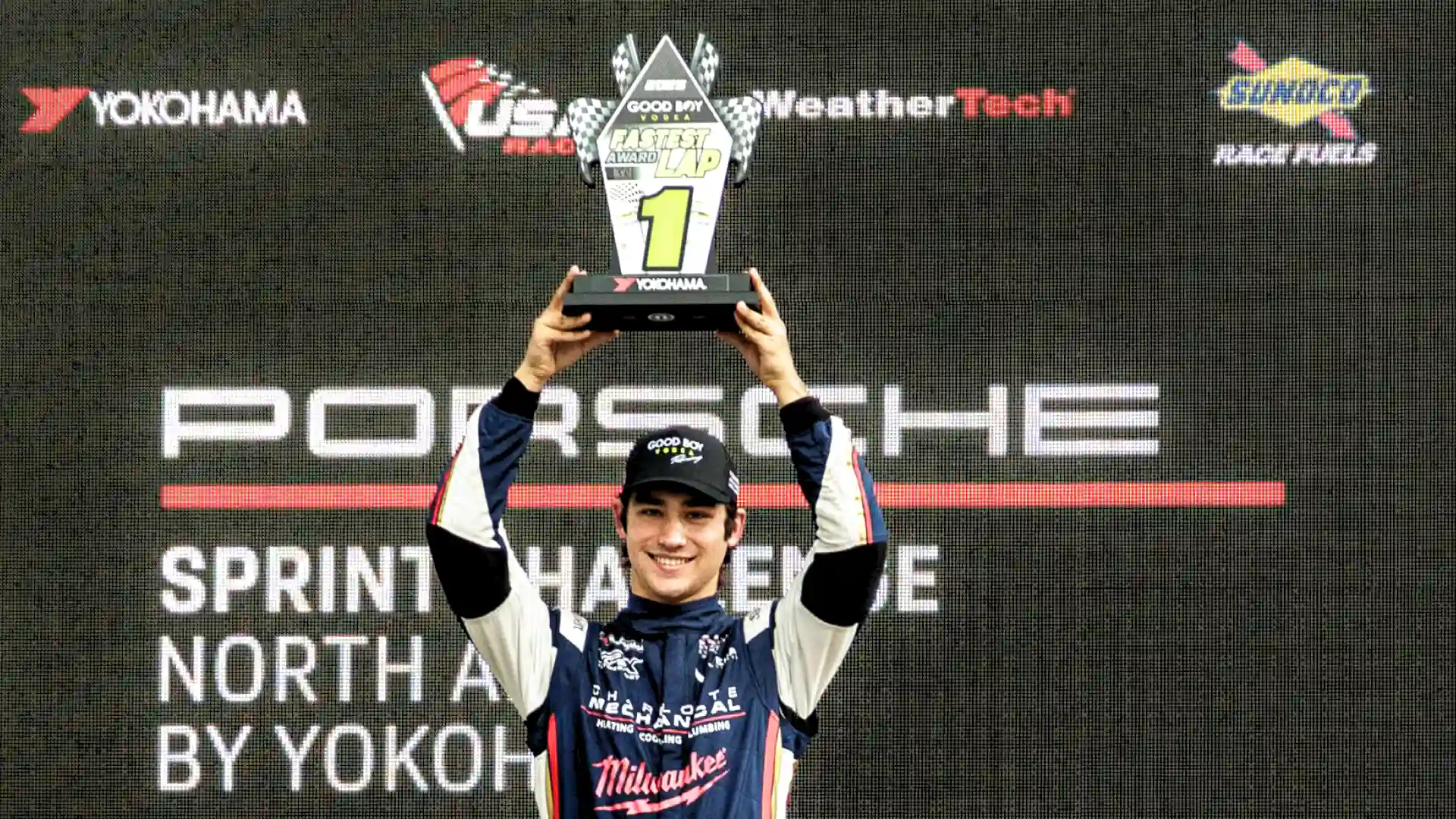
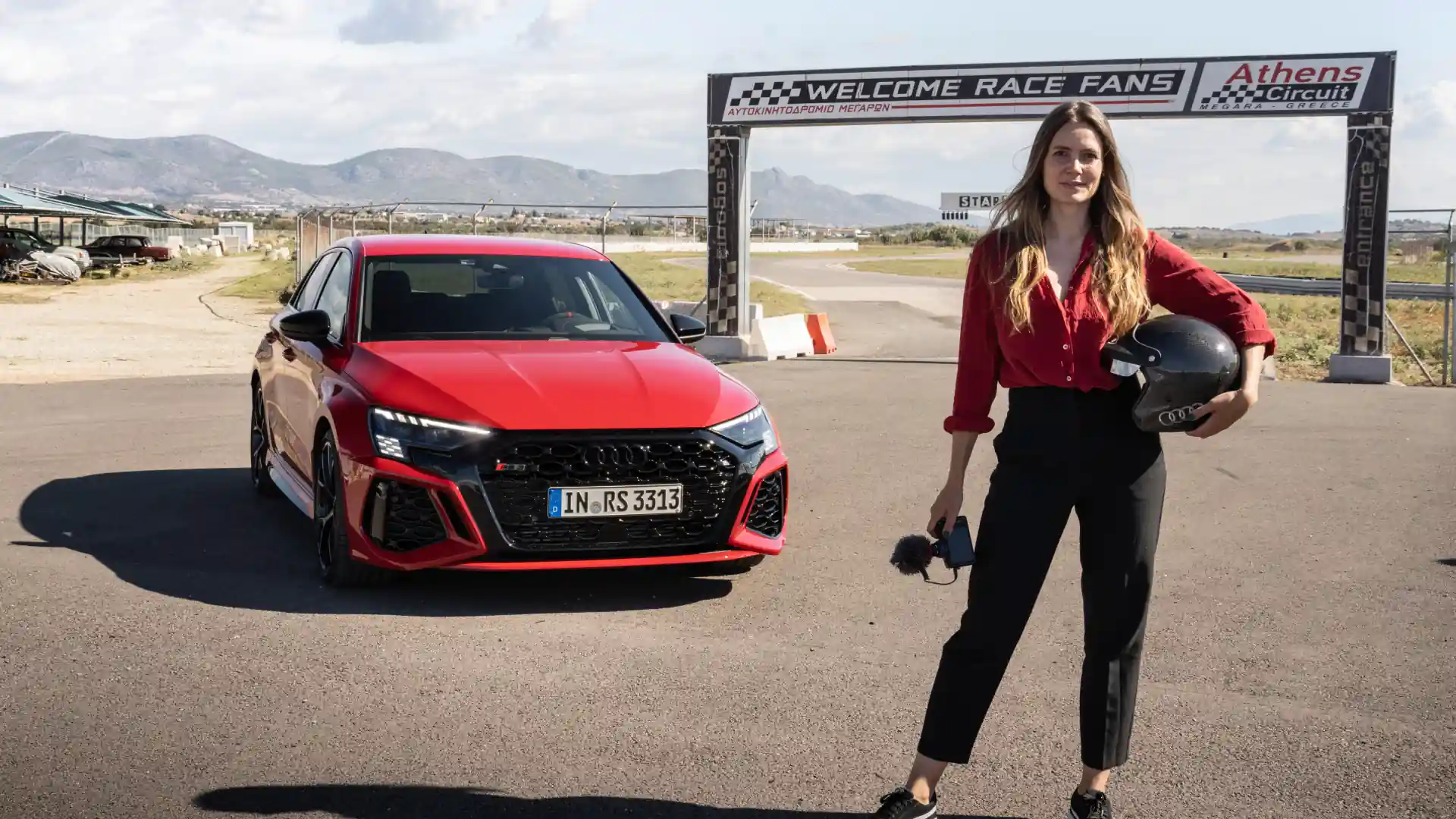
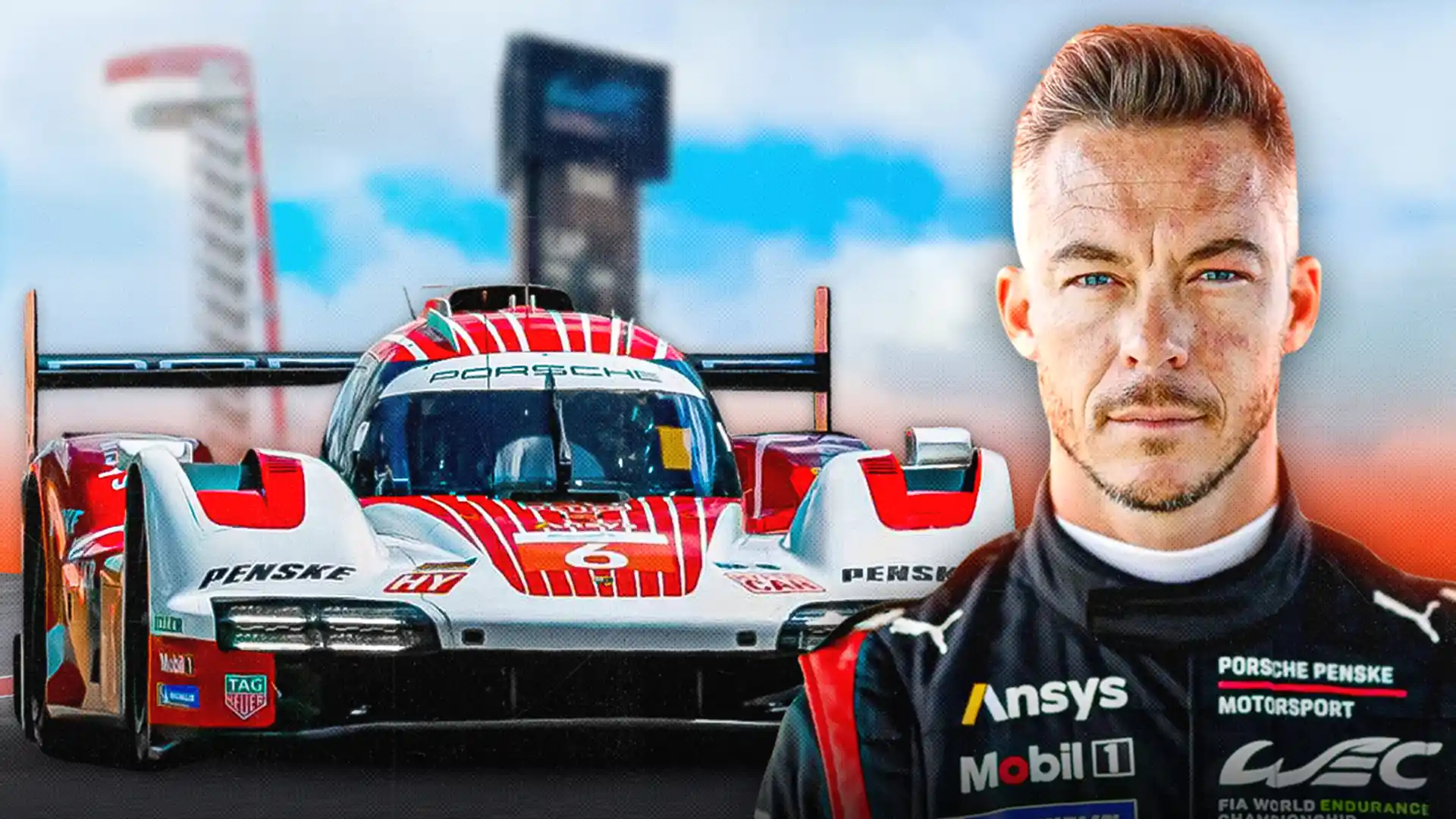
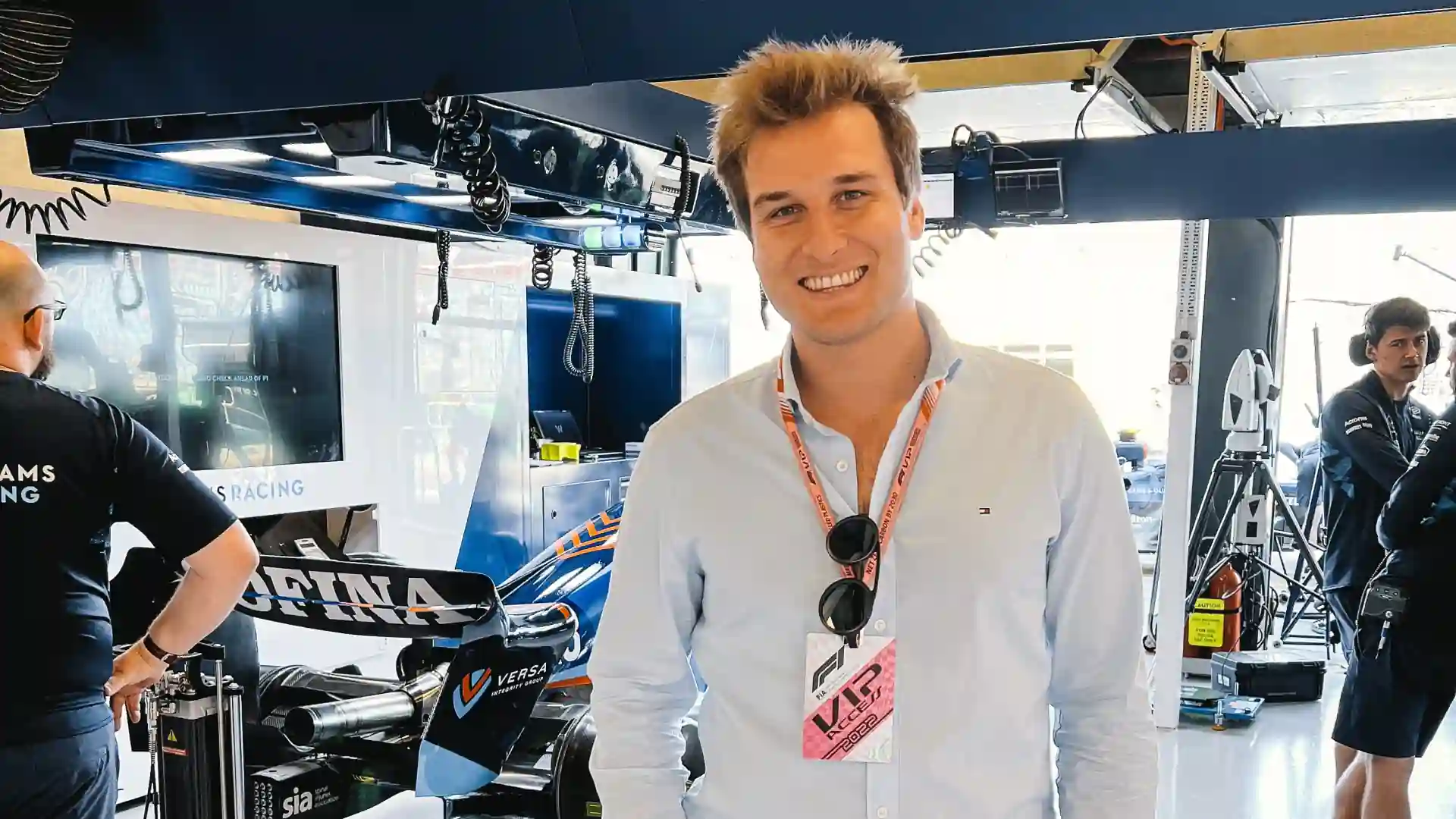
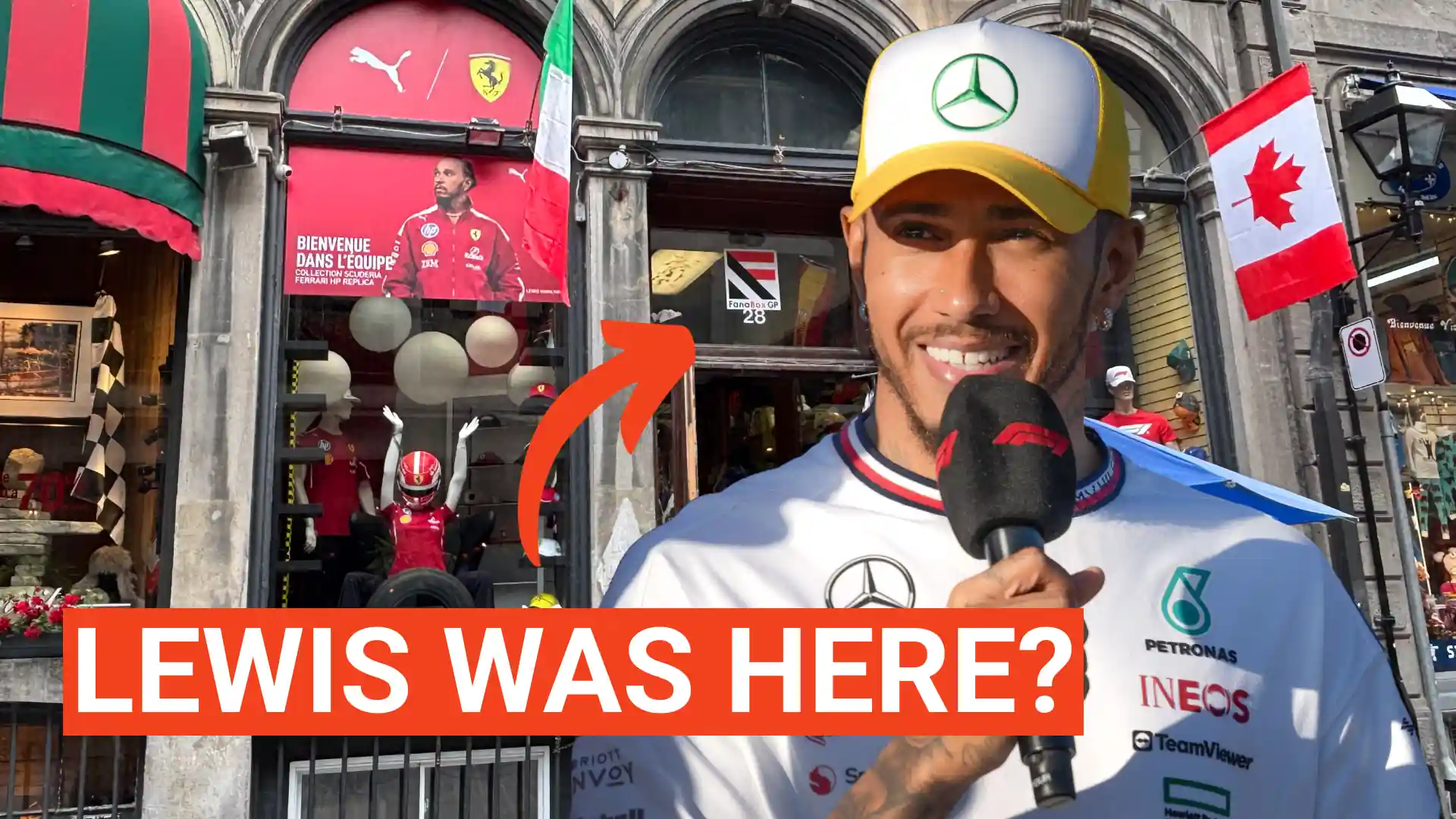
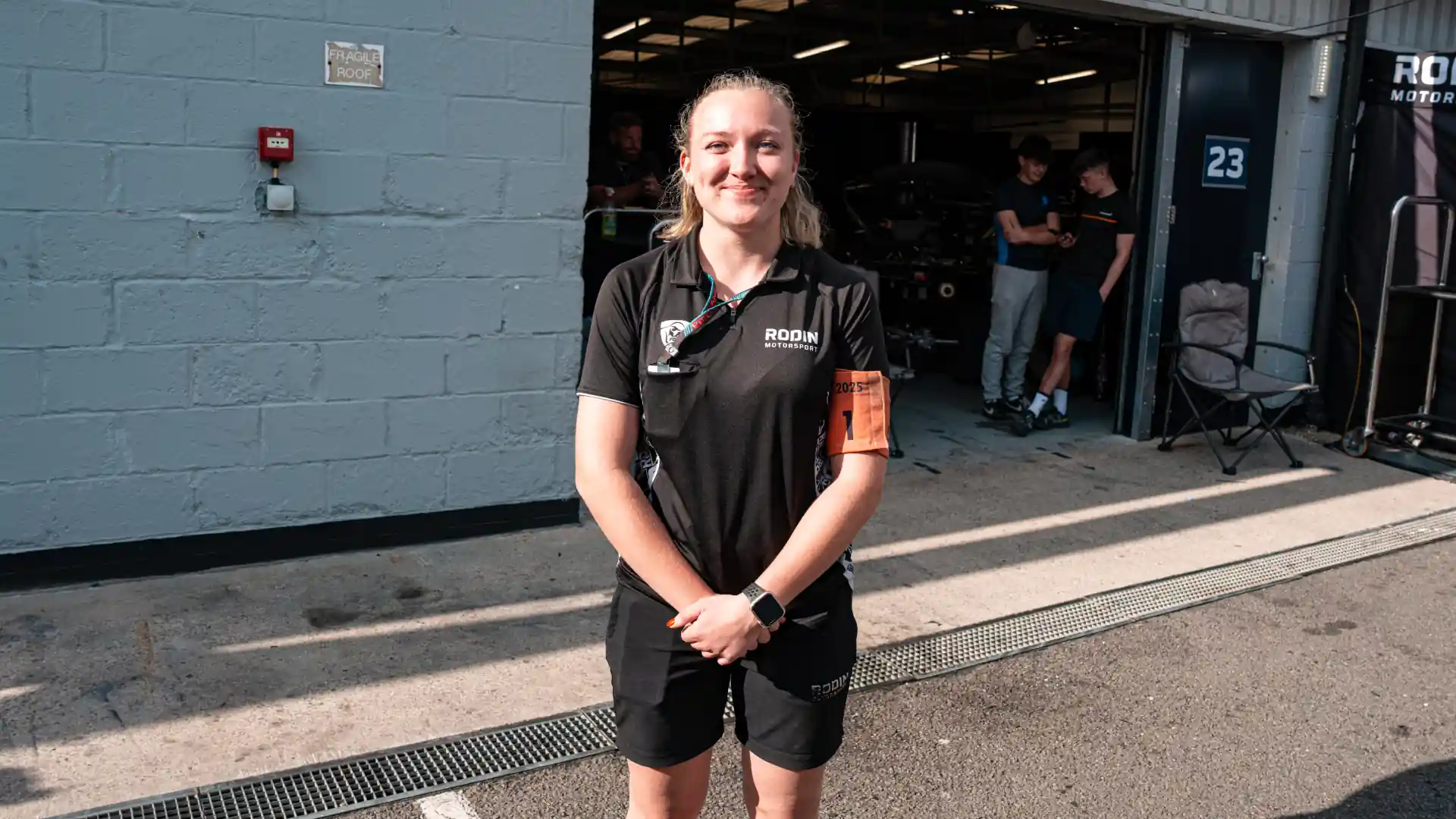
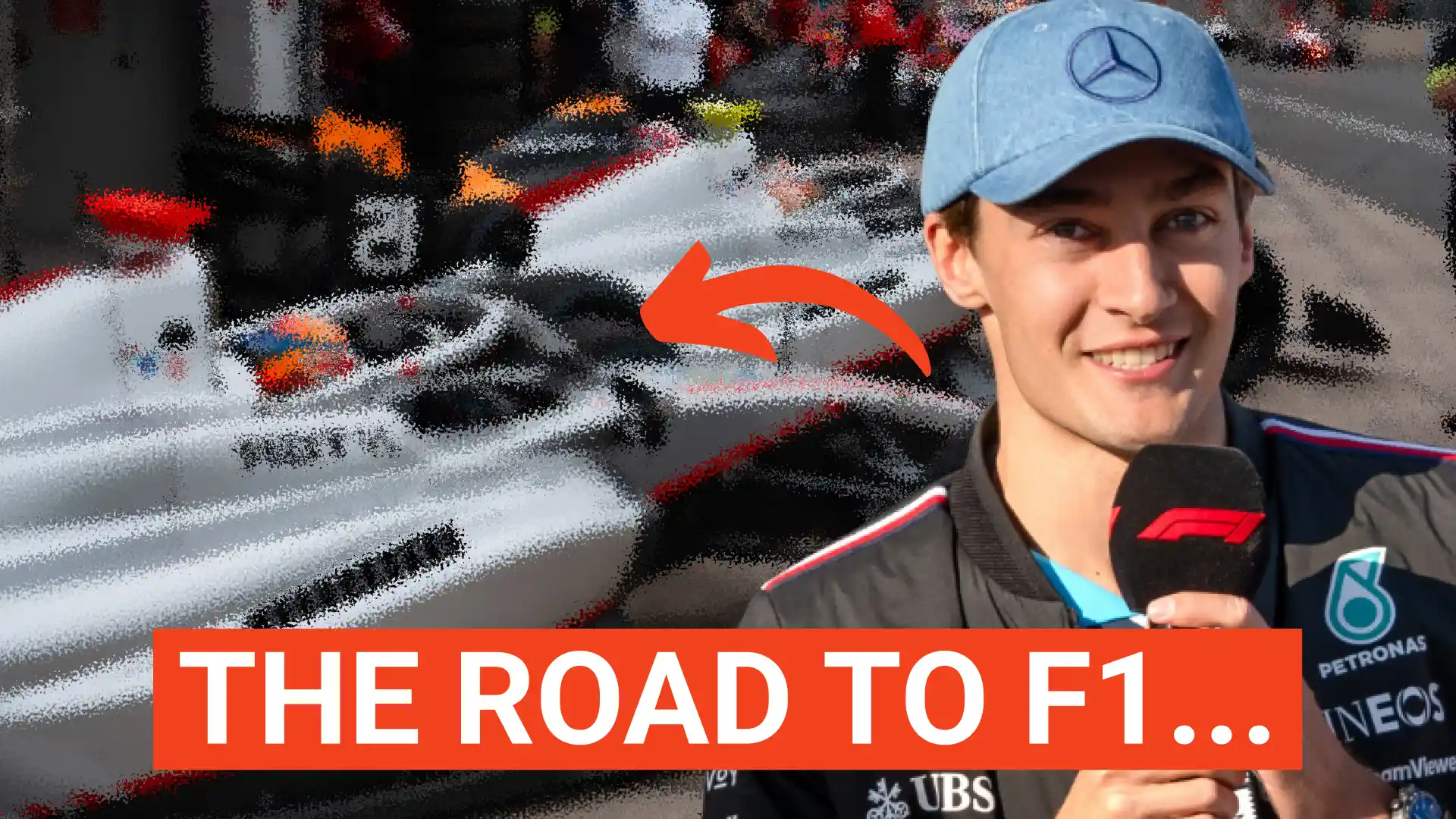
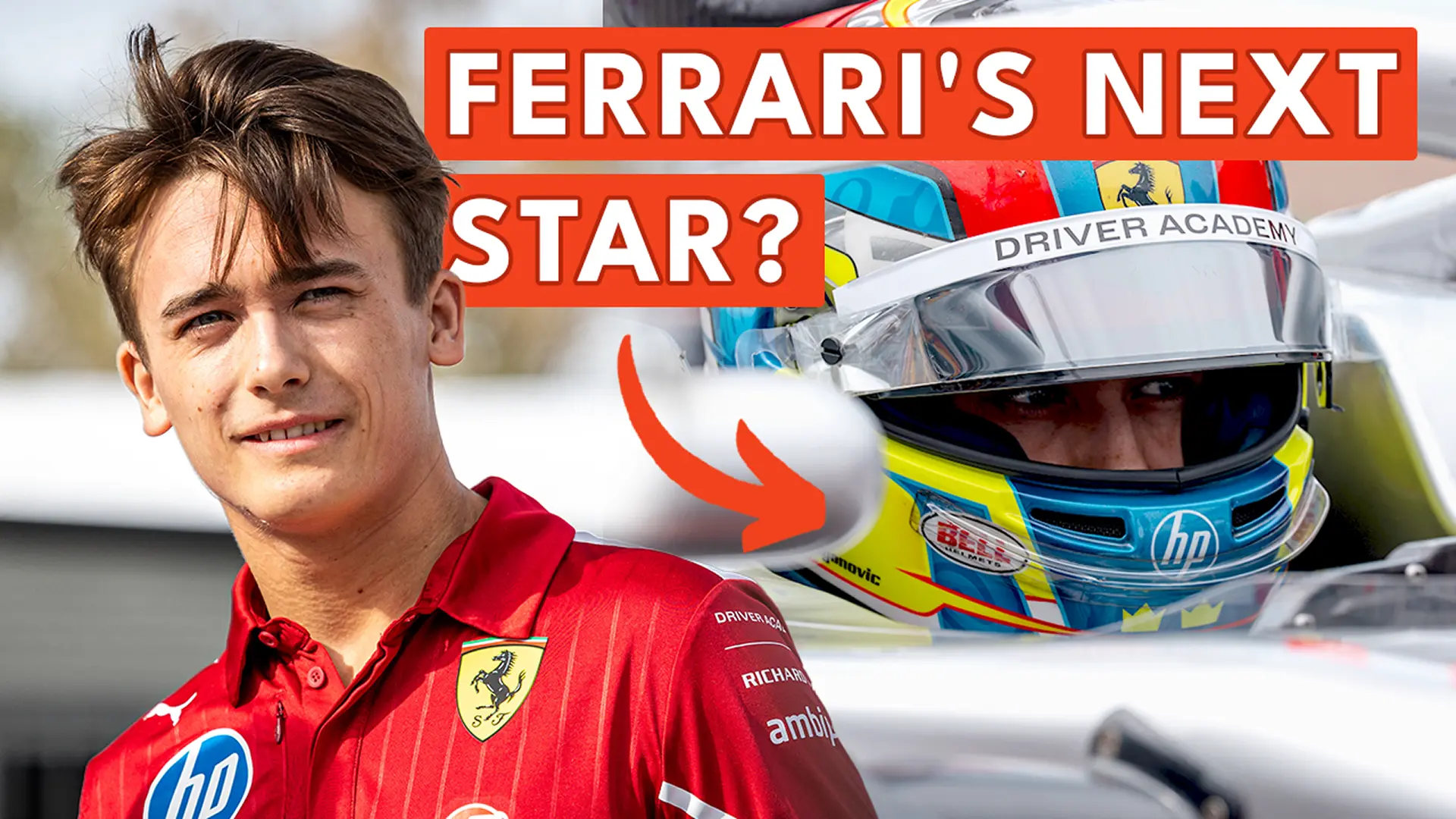
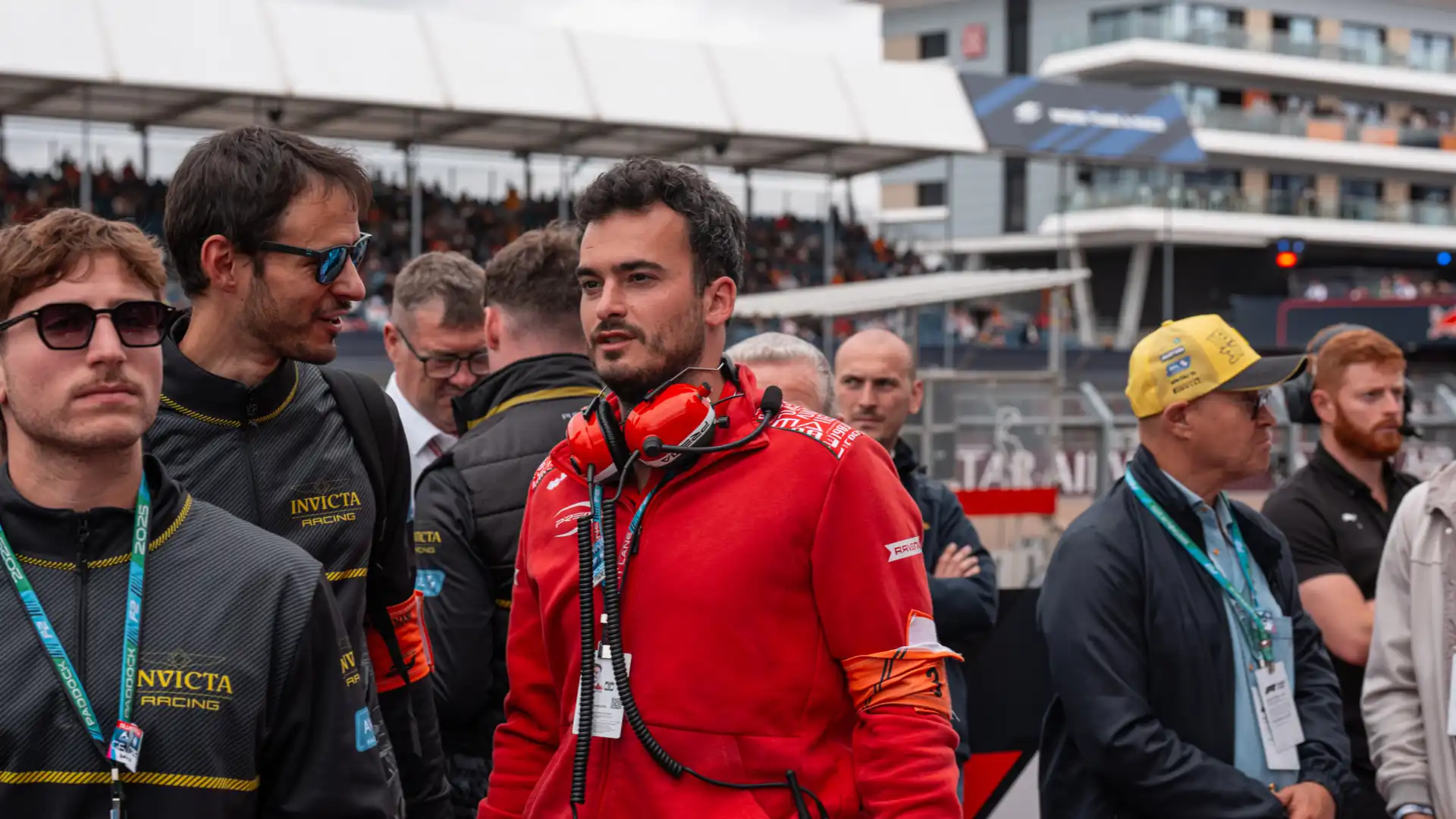



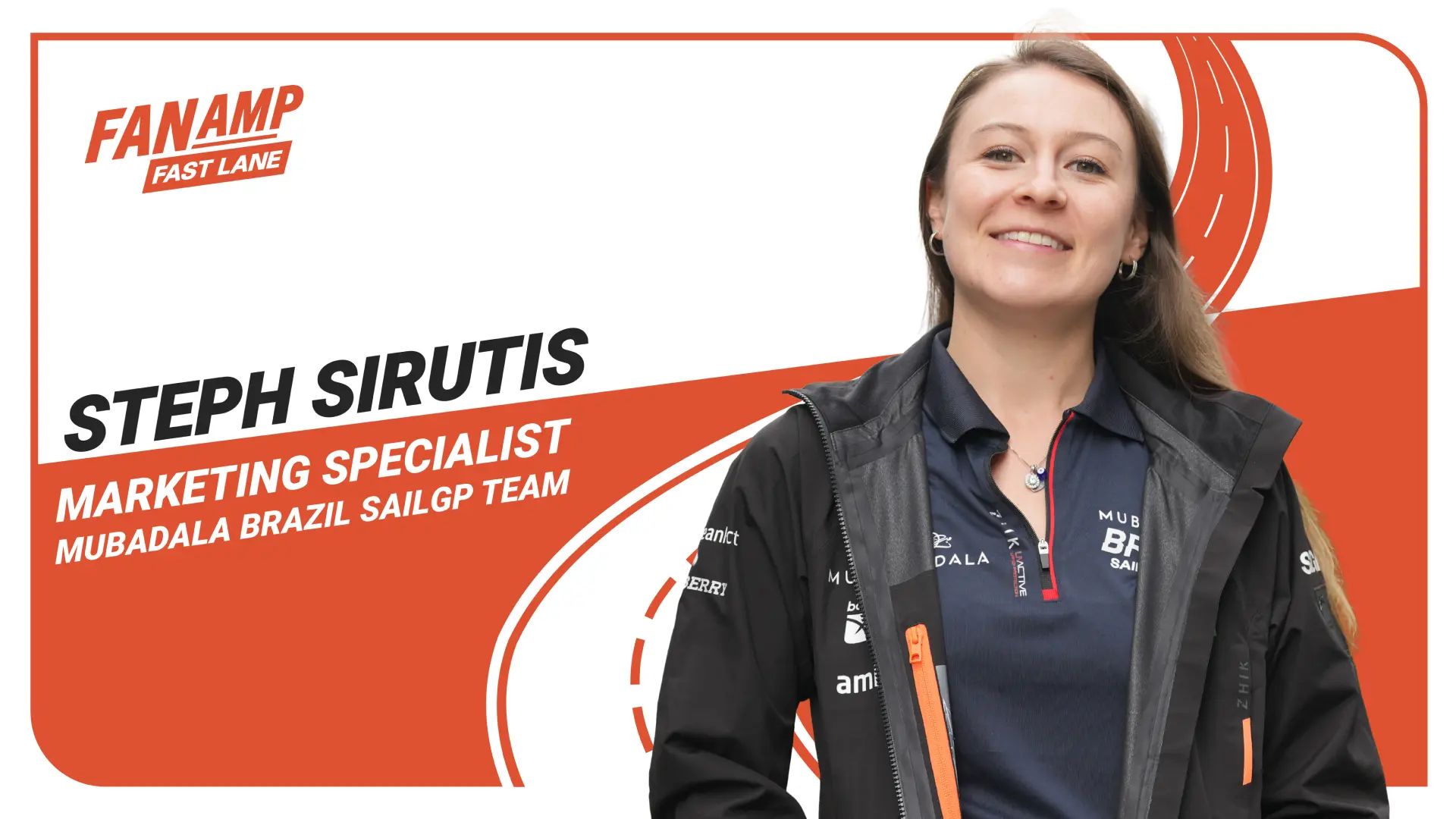







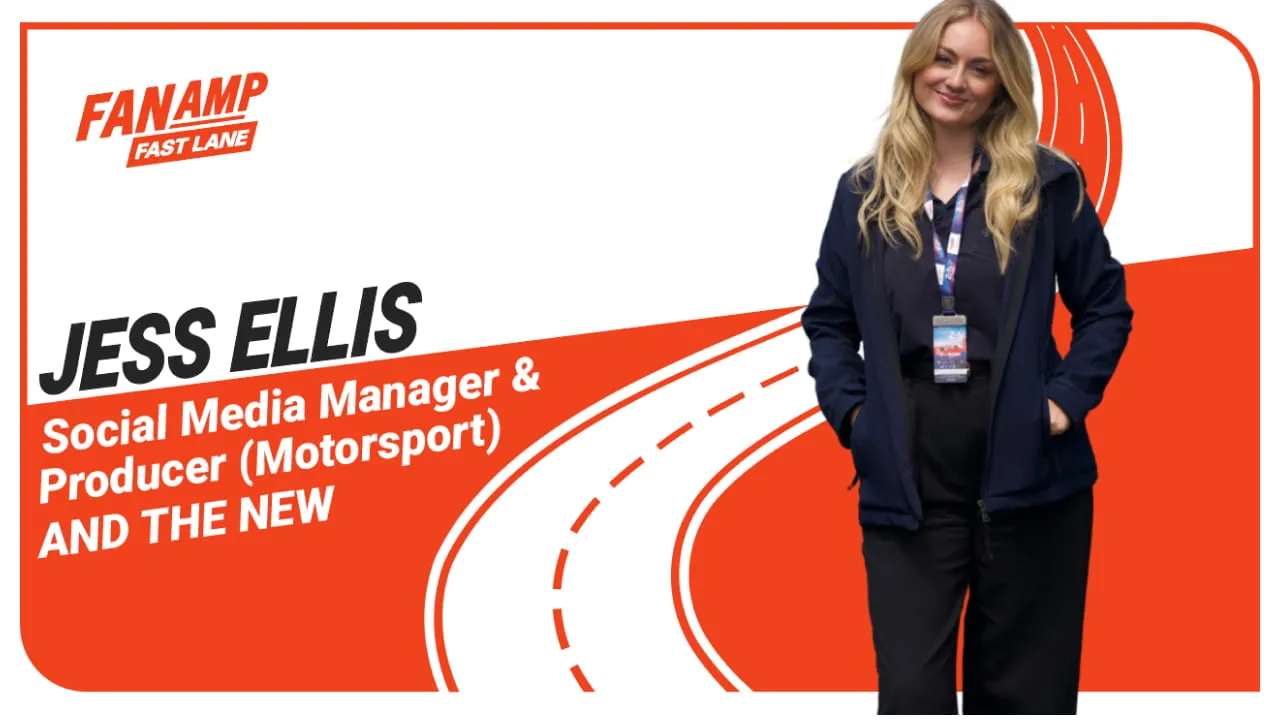

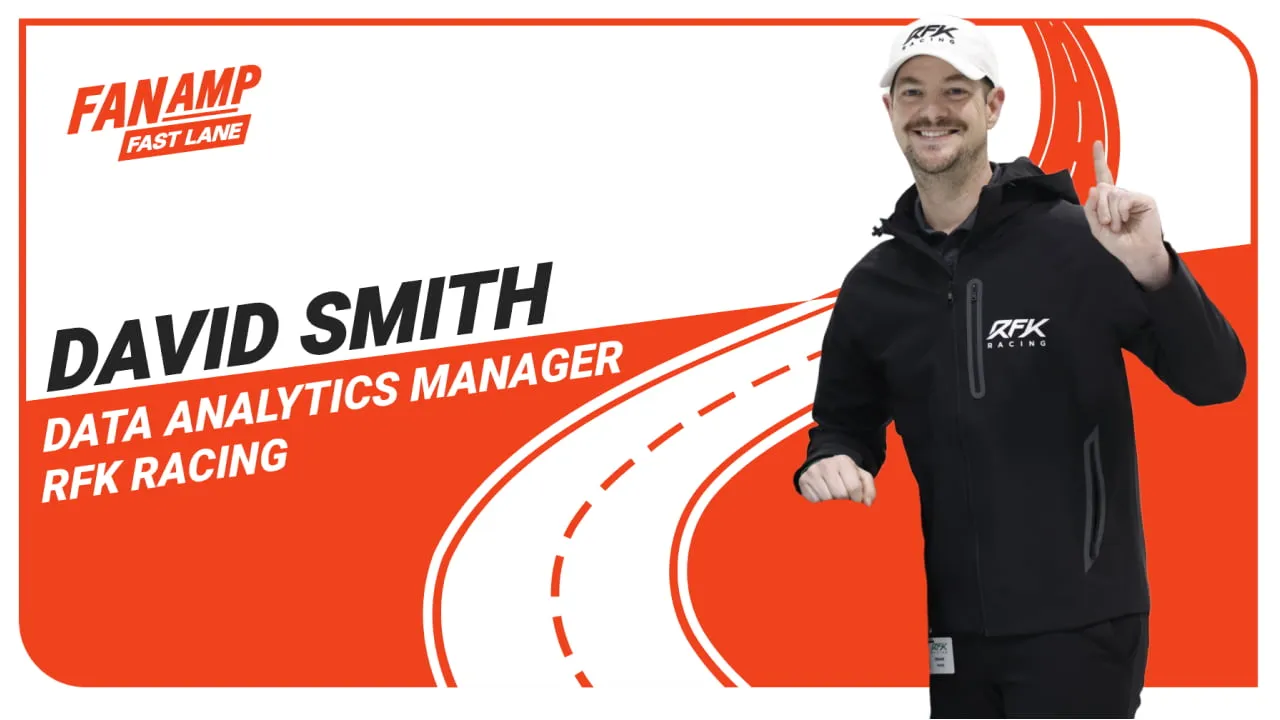
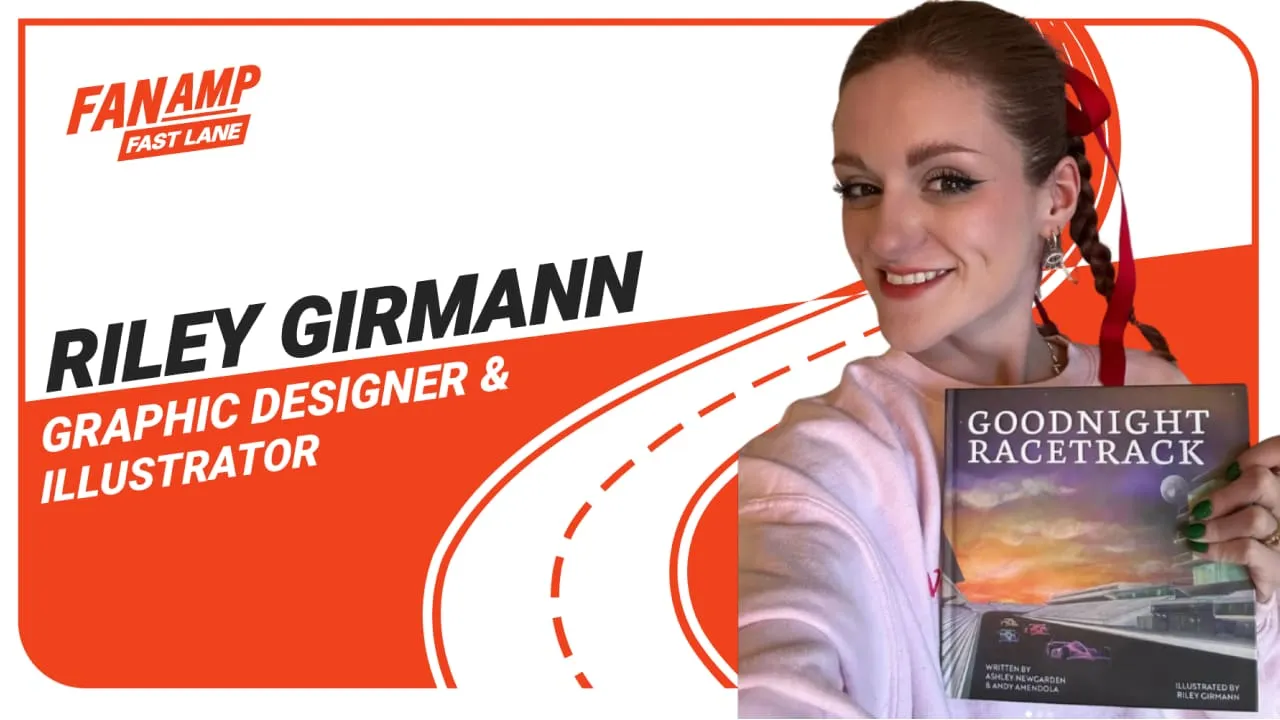

.webp)
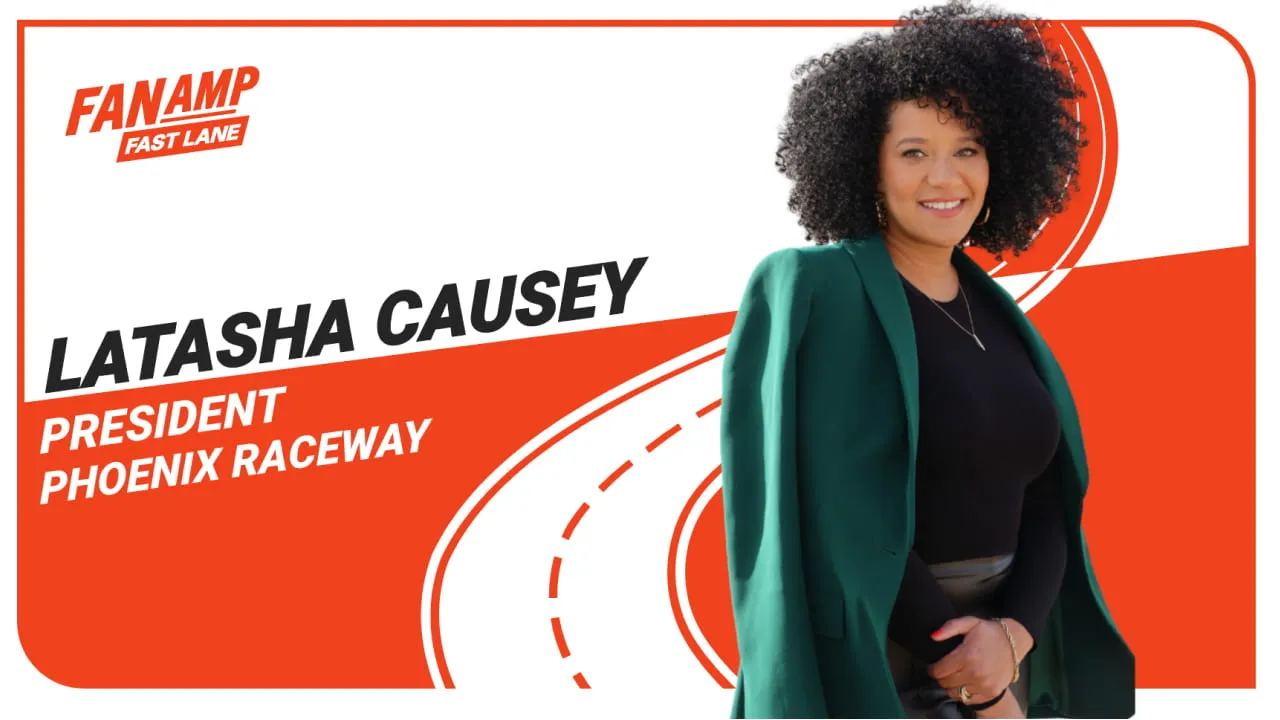




.webp)
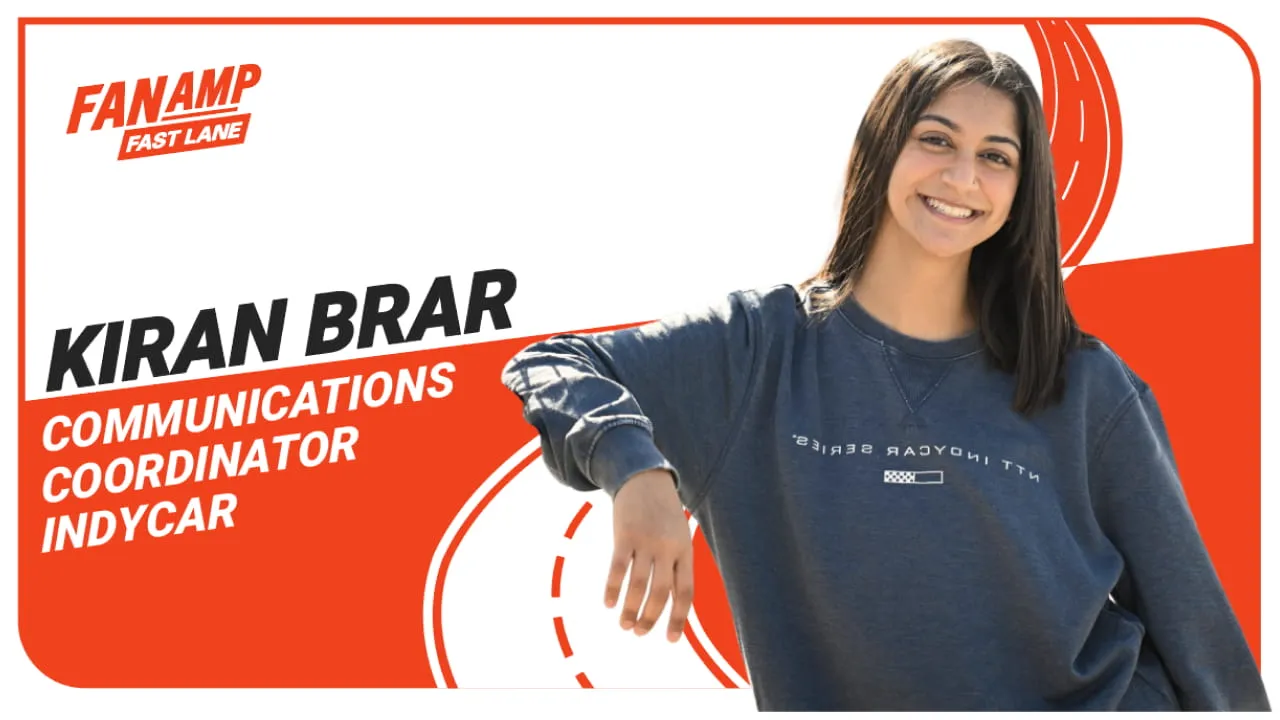








.webp)



